Neo is one of the most iconic characters in sci-fi movie history, but some aspects of his portrayal hold up much better than others on reflection.
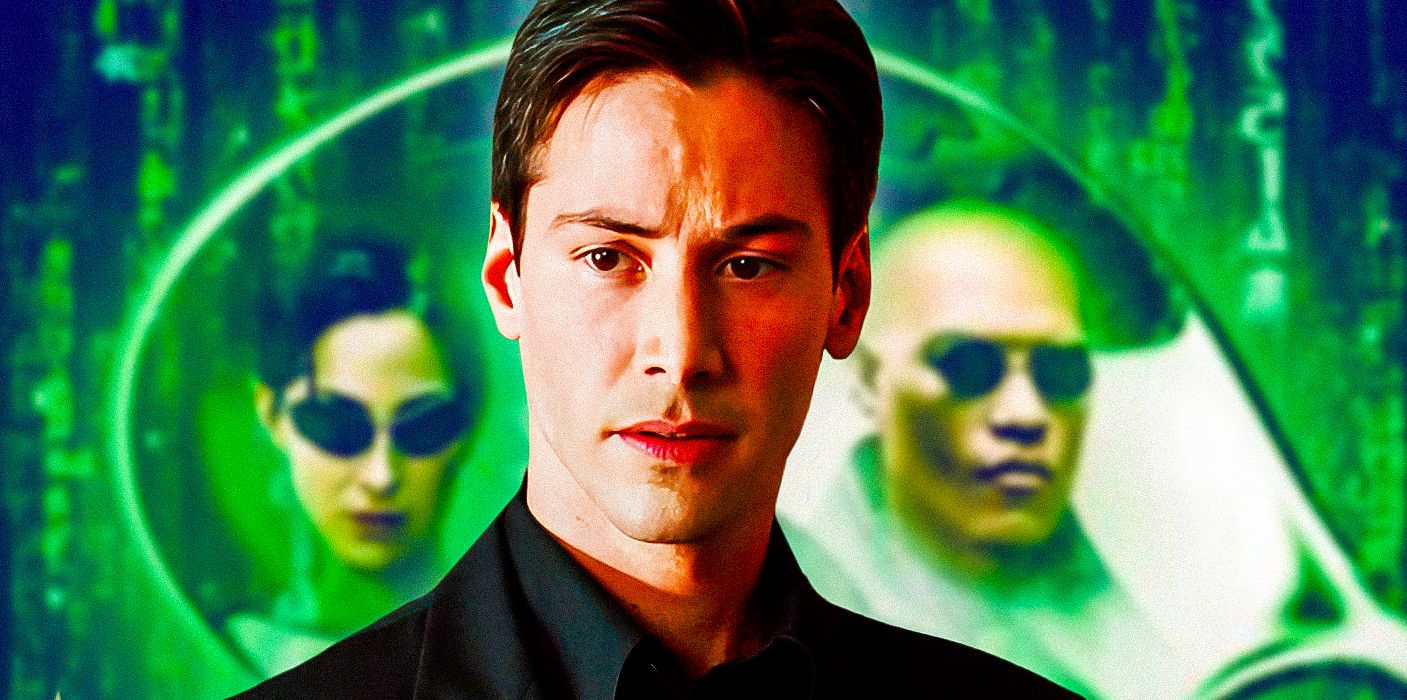
Custom image by Yeider Chacon
Keanu Reeves’ performance as Neo in The Matrix helped to create one of the most iconic characters of all time, yet despite his status, not everything about The One works coherently. After making his debut in the Wachowski siblings’ celebrated 1999 hit The Matrix, Neo has been the central pillar in the expanded saga. As the stories have continued, it’s perhaps inevitable that his journey has come under even more intense scrutiny, with some problems becoming undeniable.
In many ways, The One’s Matrix story follows established narrative tropes – albeit within a groundbreaking sci-fi setting. Starting out as hacker Thomas Anderson, Neo soon discovers that he is actually the messianic “One” – a figure destined to free humanity from the virtual prison of The Matrix. Thanks to his exalted status, Neo has extraordinary powers, both within and without the computerized world. As a result, he becomes a beacon for the human revolution, ultimately sacrificing himself to secure humanity’s freedom. This arc is as epic as it is complex. However, despite the scope of Neo’s story, not every element comes together.
10. Neo’s Sacrifice Was Mostly Pointless After The Matrix Resurrections
It changed his original story
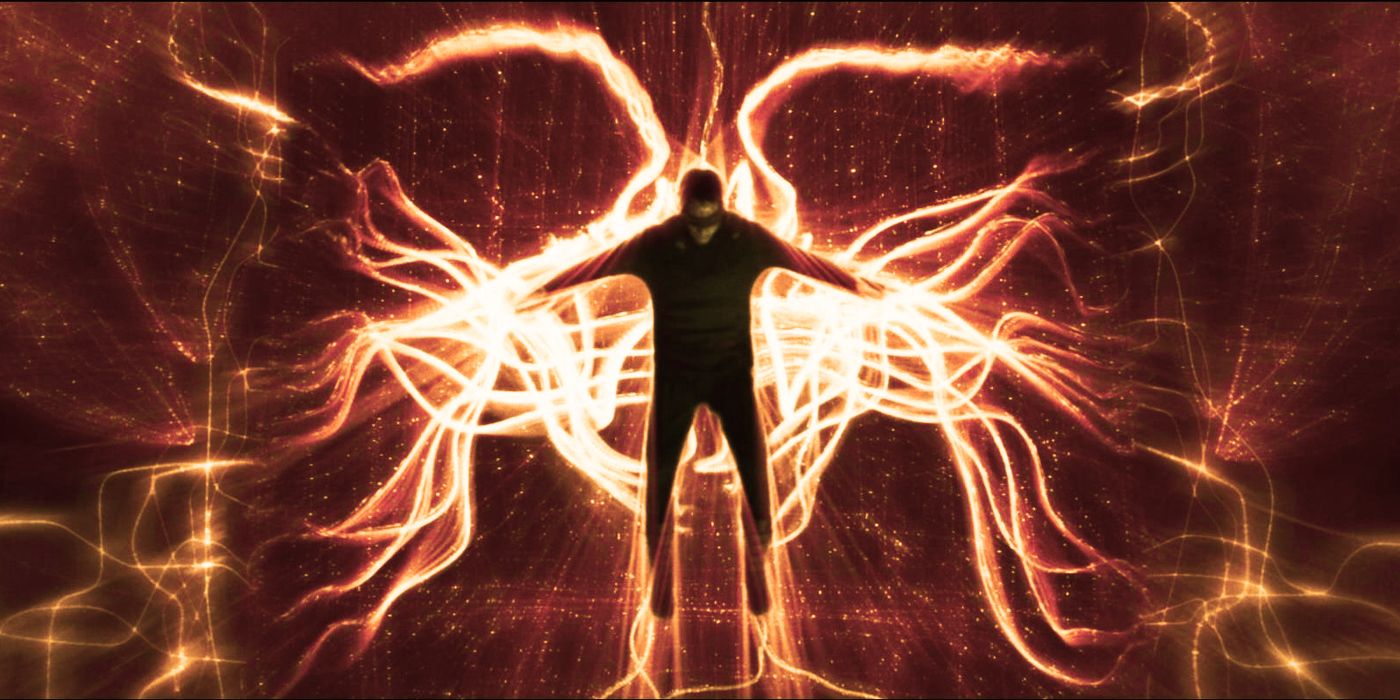
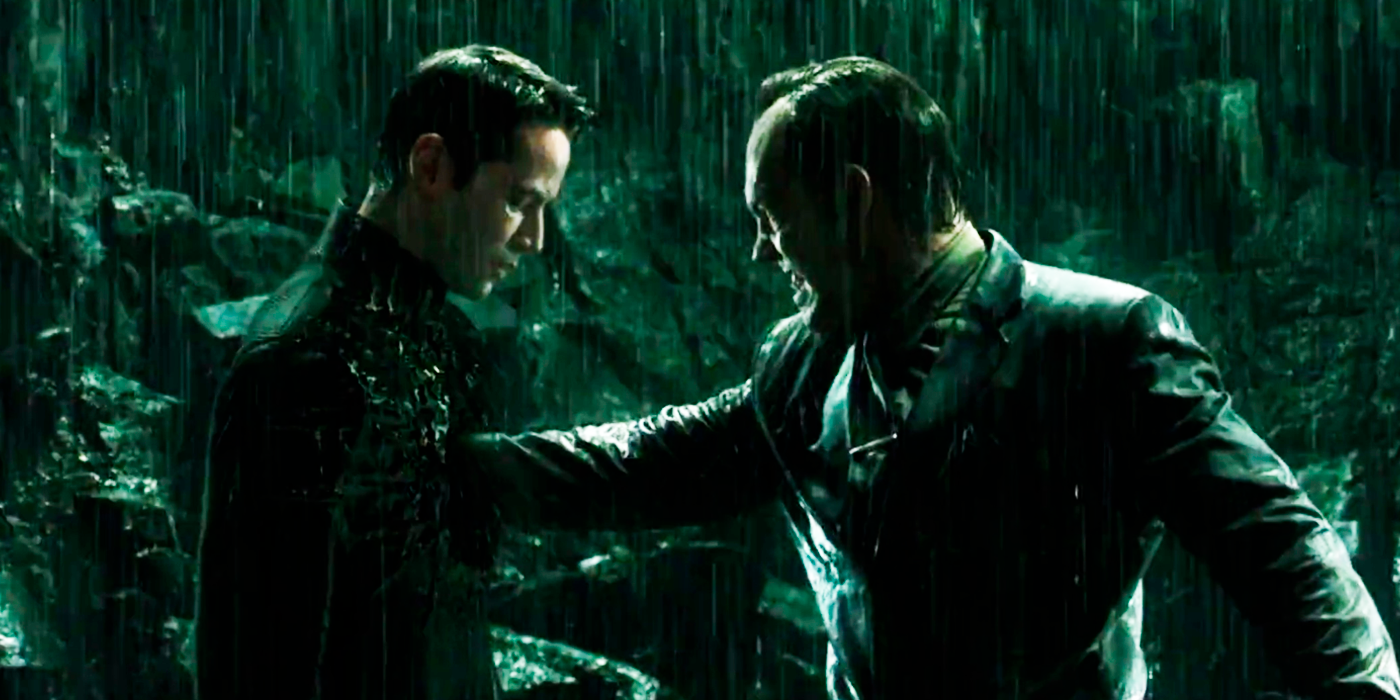
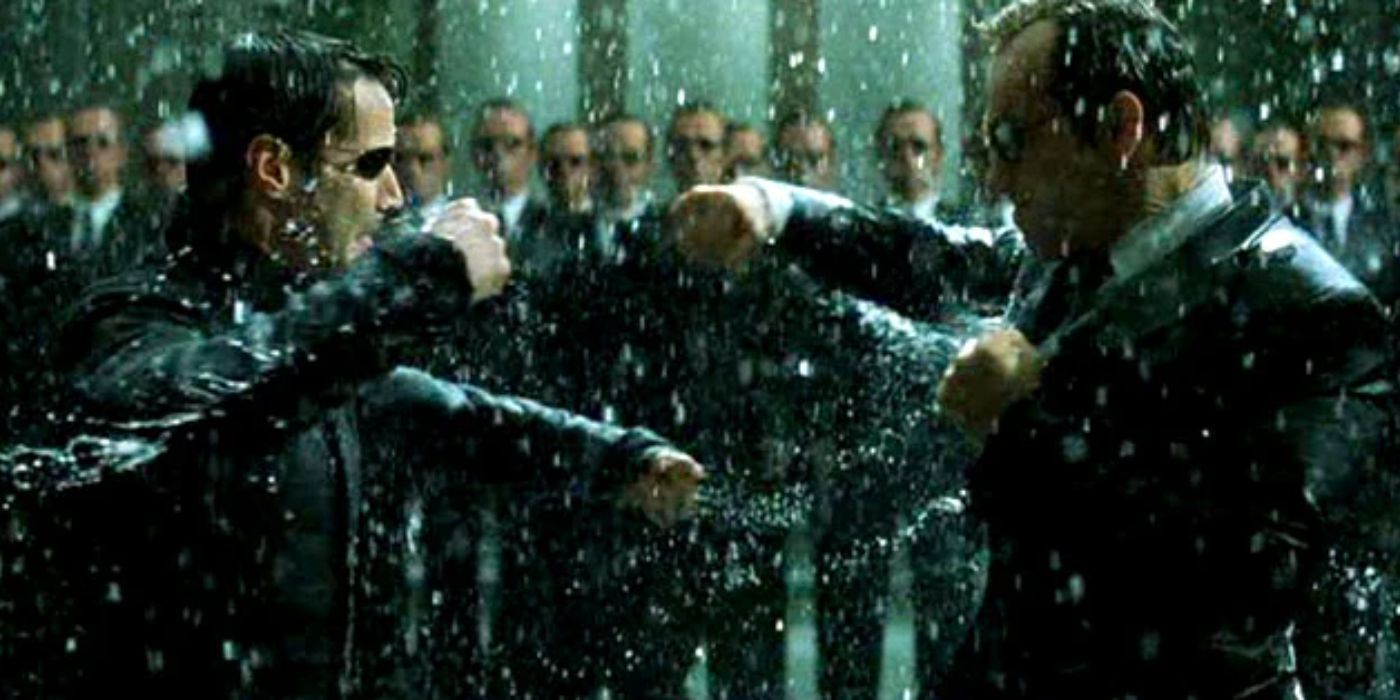
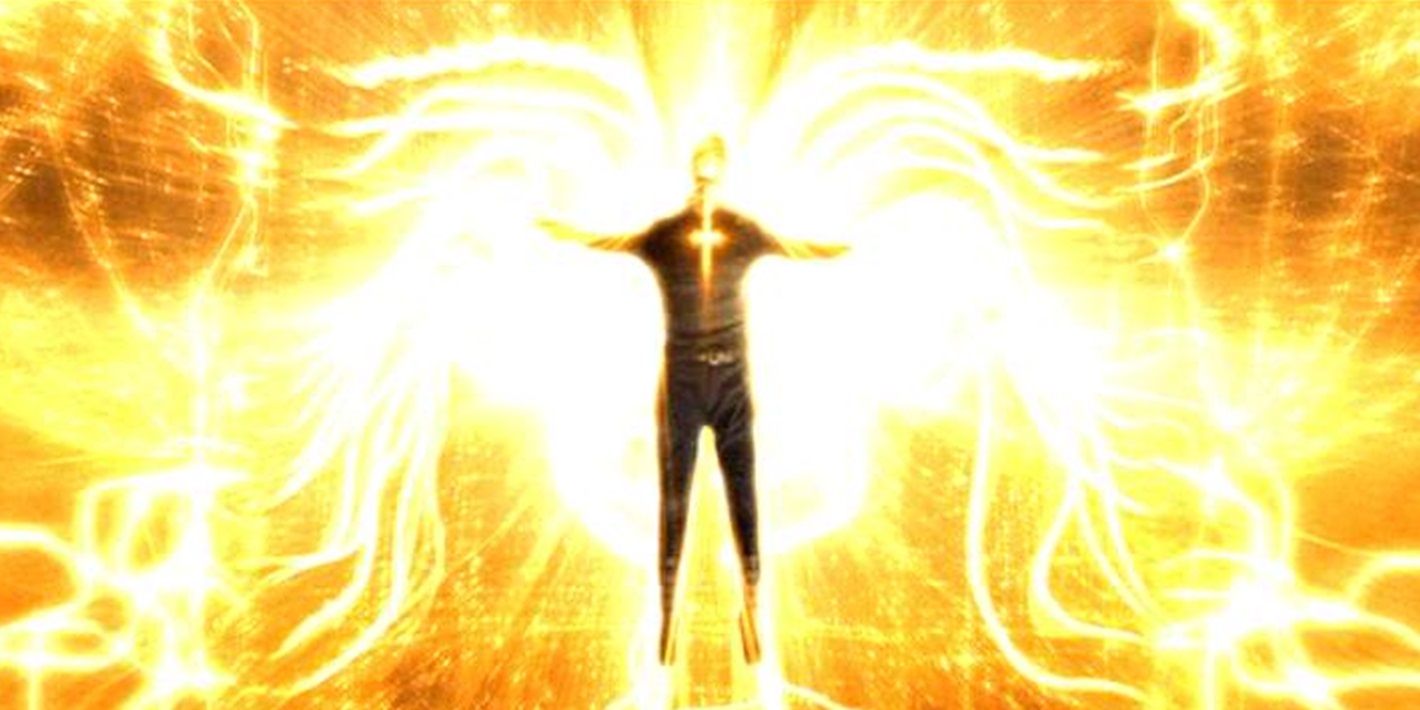
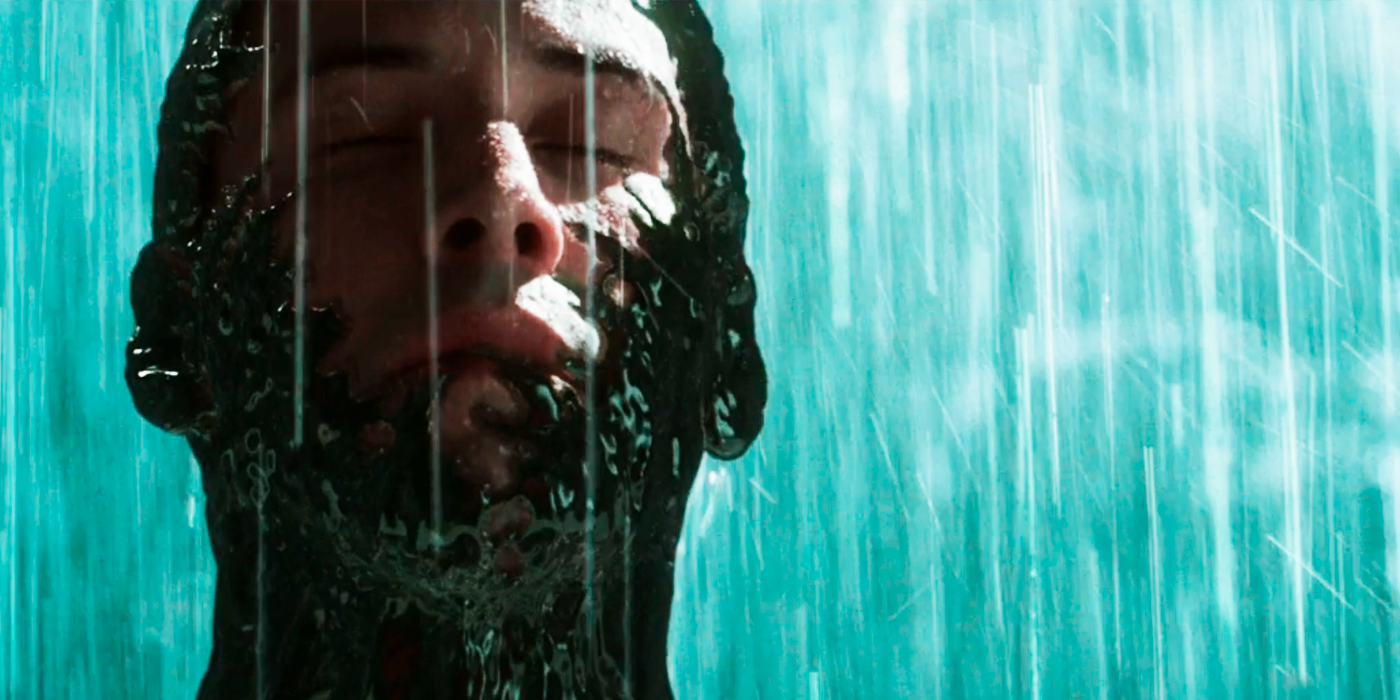
Throughout the second and third Matrix movies, the key tension in Neo’s journey is between his pre-ordained purpose to help the Machines reboot the Matrix and keep the cycle of oppression going, and his all-consuming love for Trinity. The result of this dilemma is that Neo’s path is very different to previous versions of The One that have come before him, culminating in a journey to the Machine City to bargain for humanity’s freedom. Ultimately, to rid the Matrix of Smith’s corrupting influence, Neo sacrifices himself – establishing a peace between humanity and the Machines.
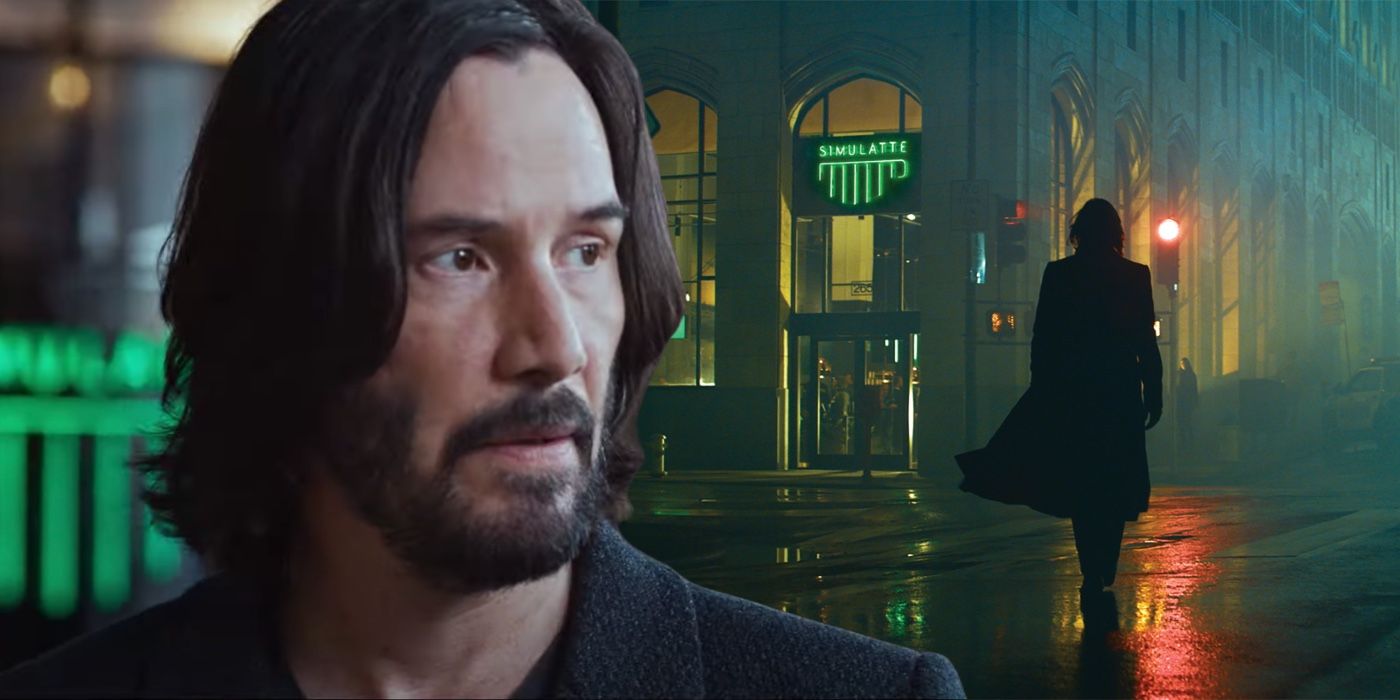
The Matrix 5: Confirmation & Everything We Know
The Matrix Resurrections ended on a somewhat ambiguous note, which opened the door for the franchise to continue in the recently announced Matrix 5.
This climax to The Matrix Revolutions, while confusing, at least provides some emotional closure for Neo’s character. However, irrespective of the degree to which his sacrifice does or doesn’t make narrative sense, the entire arc is rendered moot by The Matrix Resurrections. By bringing Neo back, The Matrix series removed any sense of jeopardy from Neo’s previous actions, suggesting that his willingness to protect humanity was nothing compared to his connection to Trinity – a strange message, considering Neo’s role as humanity’s savior.
9. Neo Peaked In The Matrix Reloaded
He only grew weaker
The Matrix Reloaded Neo Vs. Smith Clones Clip (clip)
It is widely accepted that The Matrix series never succeeded in recapturing the magic of the first movie. In introducing ever more complex lore and character development, the story became far too convoluted – collapsing under the weight of its own ambition. Nevertheless, as far as Neo himself is concerned, there’s little doubt that he was at his most impressive during the series’ second installment, The Matrix Reloaded.
After a tantalizing debut in The Matrix, where he begins to realize the extent of his powers as The One (memorably flying as the movie ends), The Matrix Reloaded features Neo at his most powerful. Not only is his flying shown fully, but he is revealed to be capable of fighting innumerable Smith clones at once, and even stopping a blade with his bare hands. Beyond this, he even develops powers to control machines in the real world, something hitherto unimaginable. The fact that his powers are so impressive only makes his obvious decline in later Matrix movies even more frustrating.
8Neo’s Power Level Changes To Suit The Matrix’s Story
It’s never fully justified
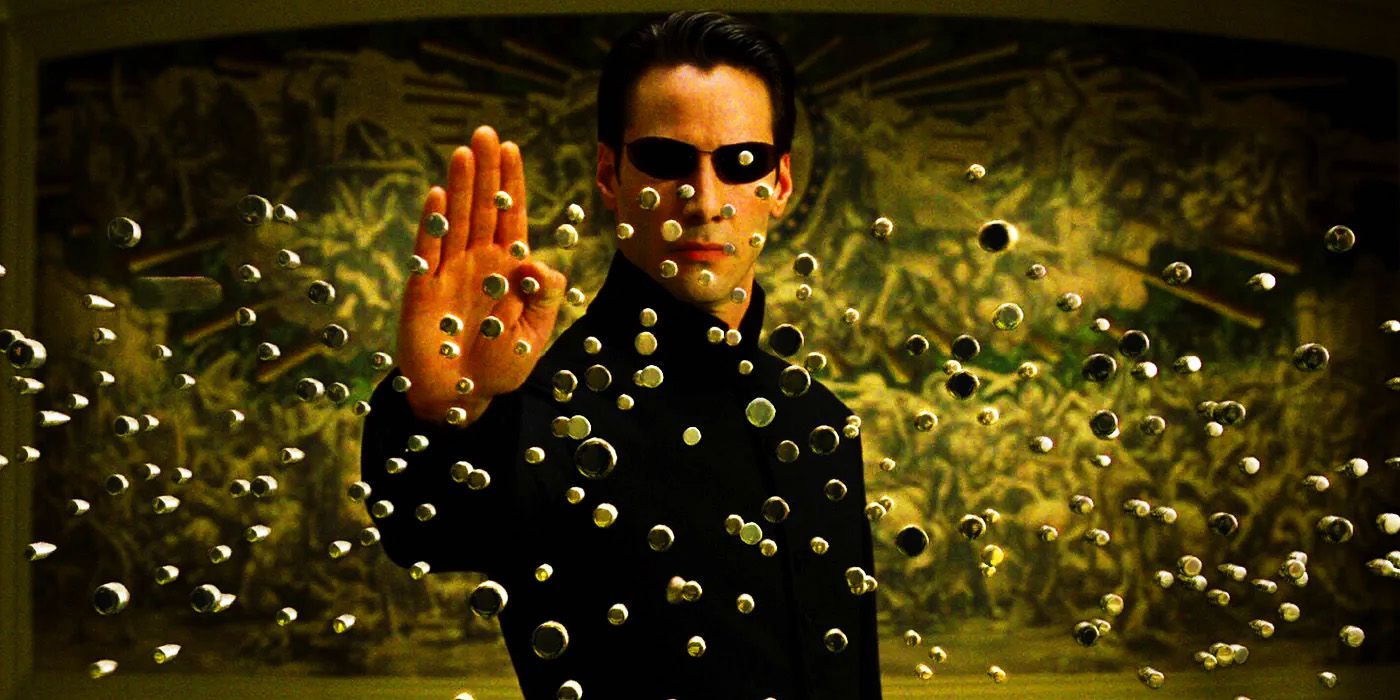

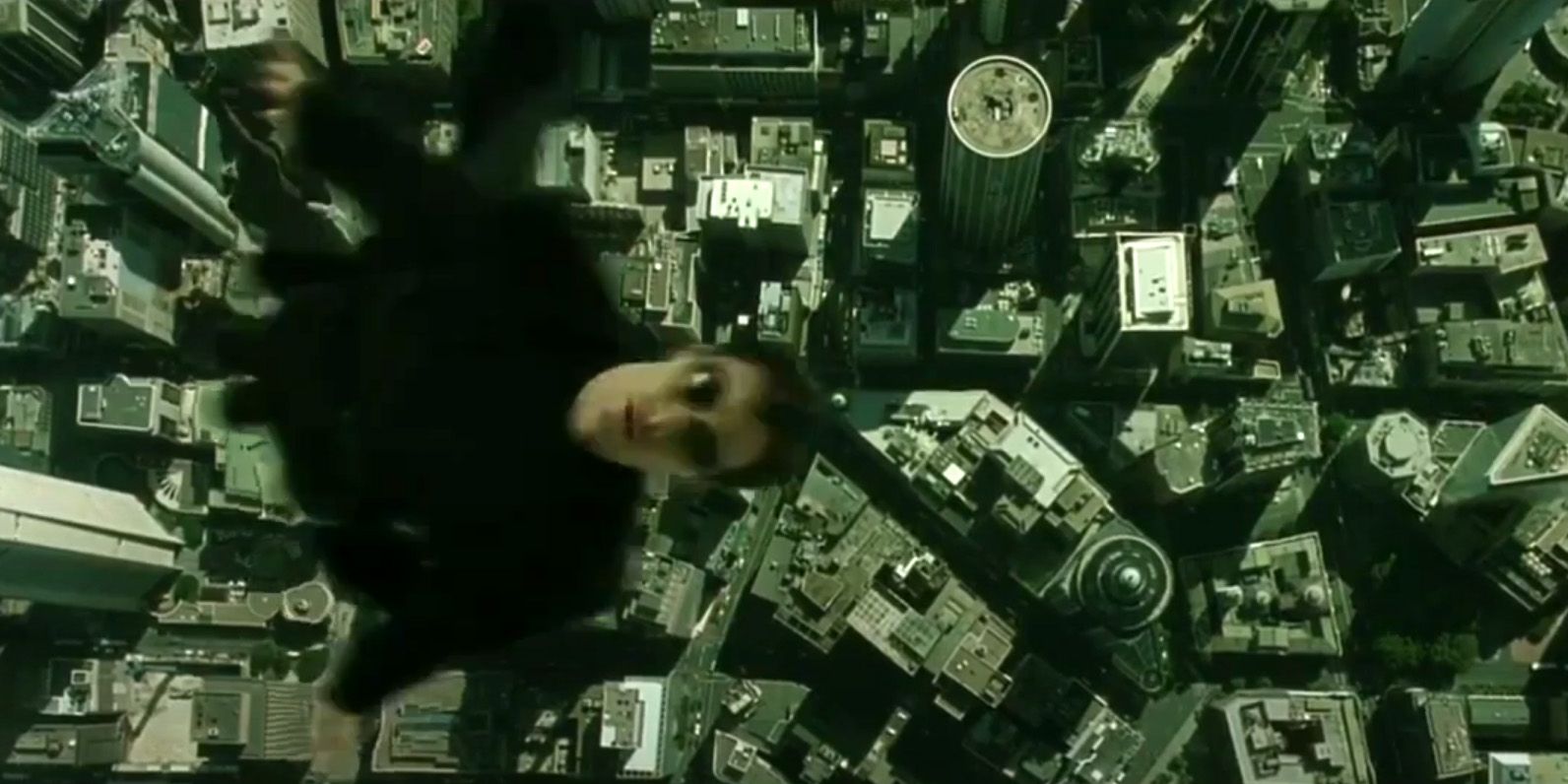
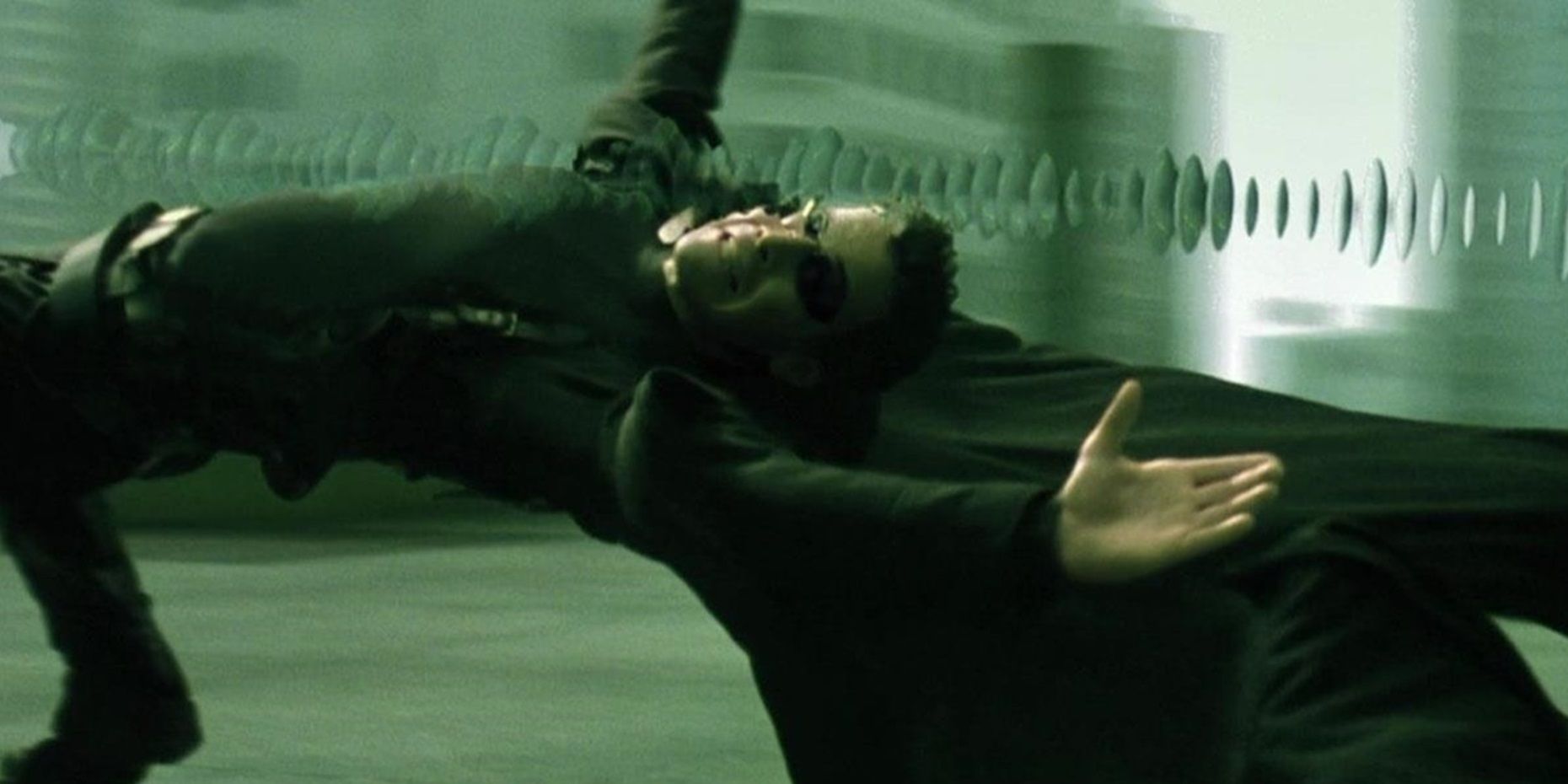
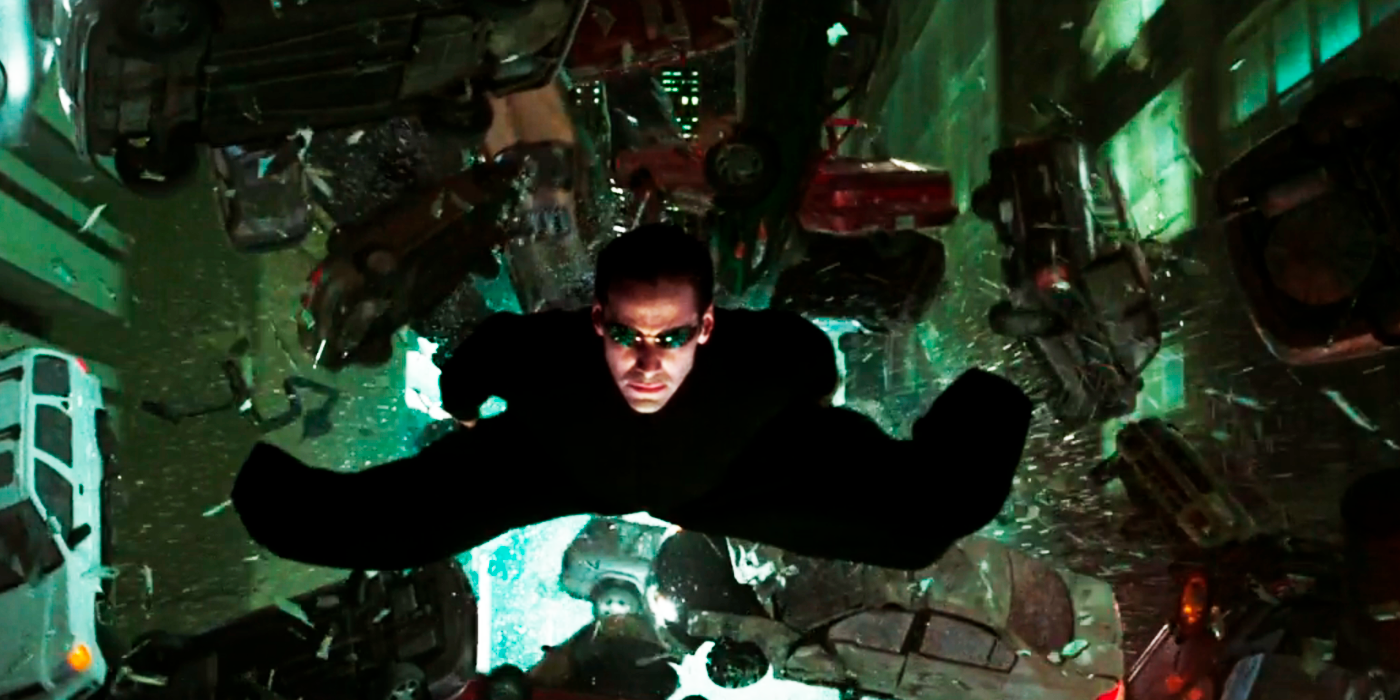
Perhaps the most frustrating thing about Neo’s character in The Matrix series is his inconsistency – especially regarding his abilities. Despite appearing to be almost indestructible in The Matrix Reloaded, he becomes a substantially reduced figure in Revolutions and Resurrections. While his status in Resurrections is partially explained by his 60-year absence, Neo’s Revolutions role seems incredibly inconsistent.
If Neo continued to grow stronger and stronger, as seemed likely following The Matrix and The Matrix Reloaded, it’s difficult to see how anything could stop him.
There are some explanations for Neo’s changing power levels, with some theories stating that the self-doubt he experiences after meeting The Architect explains why he is so diminished. However, although it’s possible to find satisfactory answers upon careful reflection, the simplest explanation is that Neo’s God-like status is tempered only because it suits the story. After all, if Neo continued to grow stronger and stronger, as seemed likely following The Matrix and The Matrix Reloaded, it’s difficult to see how anything could stop him. This explains the change but is frustratingly dissatisfying from a narrative perspective.
7The Matrix’s Neo & Jesus Christ Comparisons Are Not Subtle
It’s obvious from the start
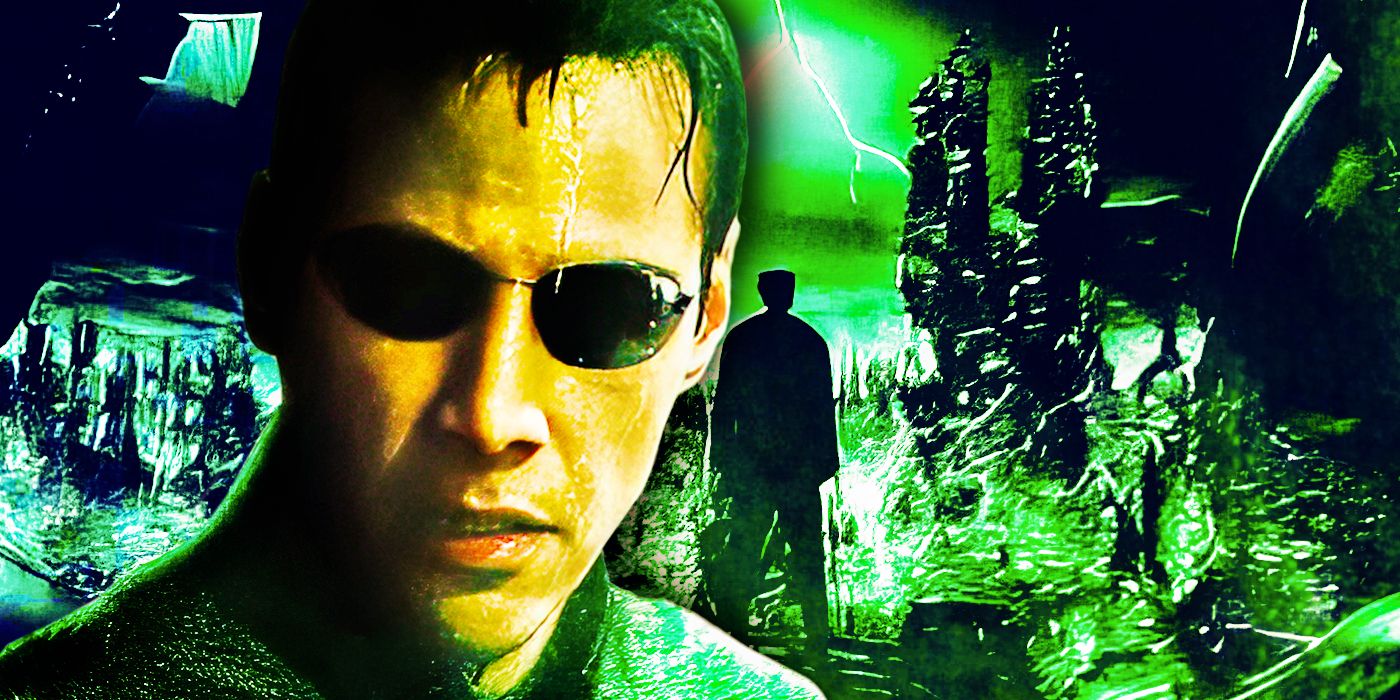
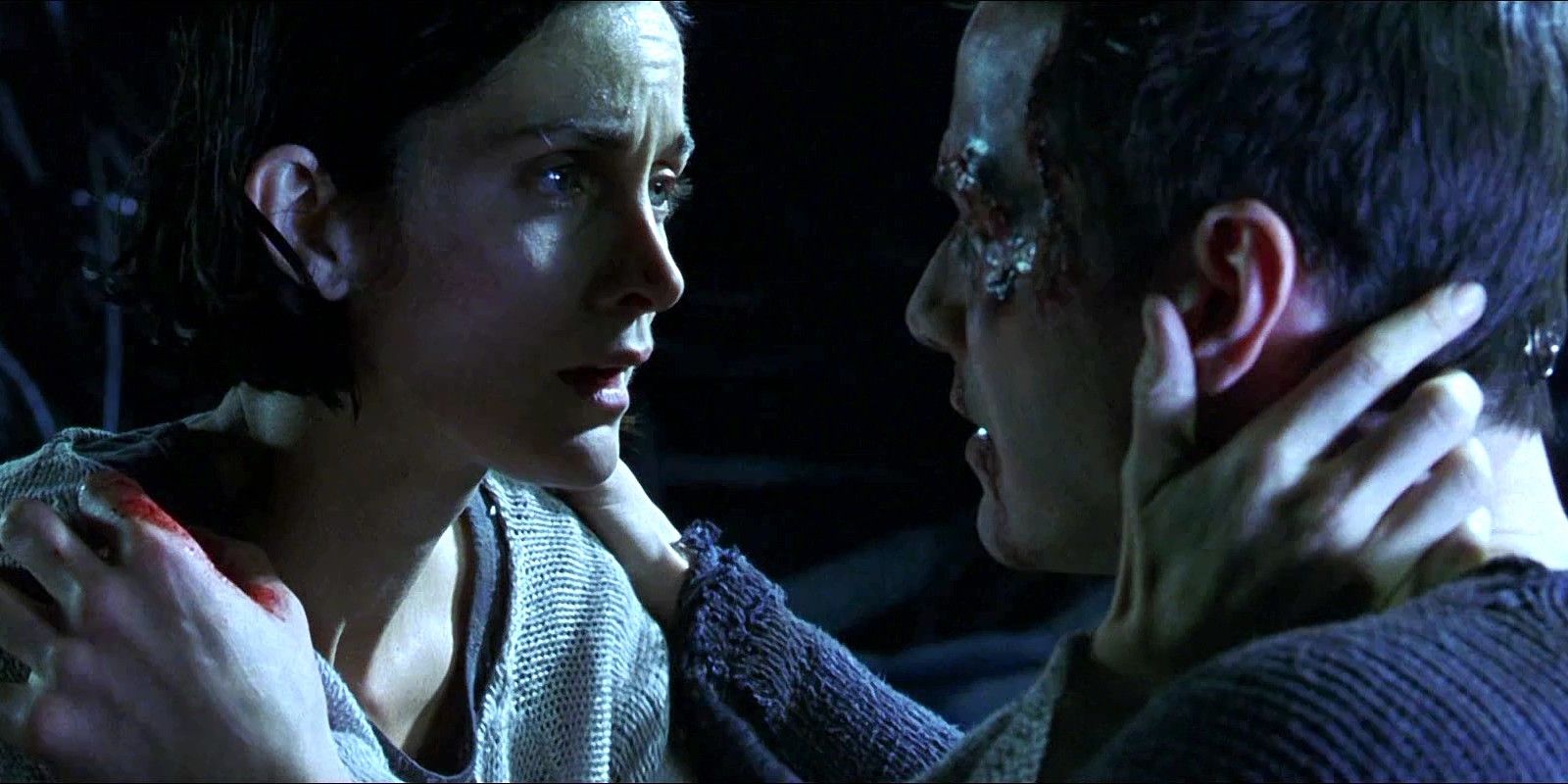

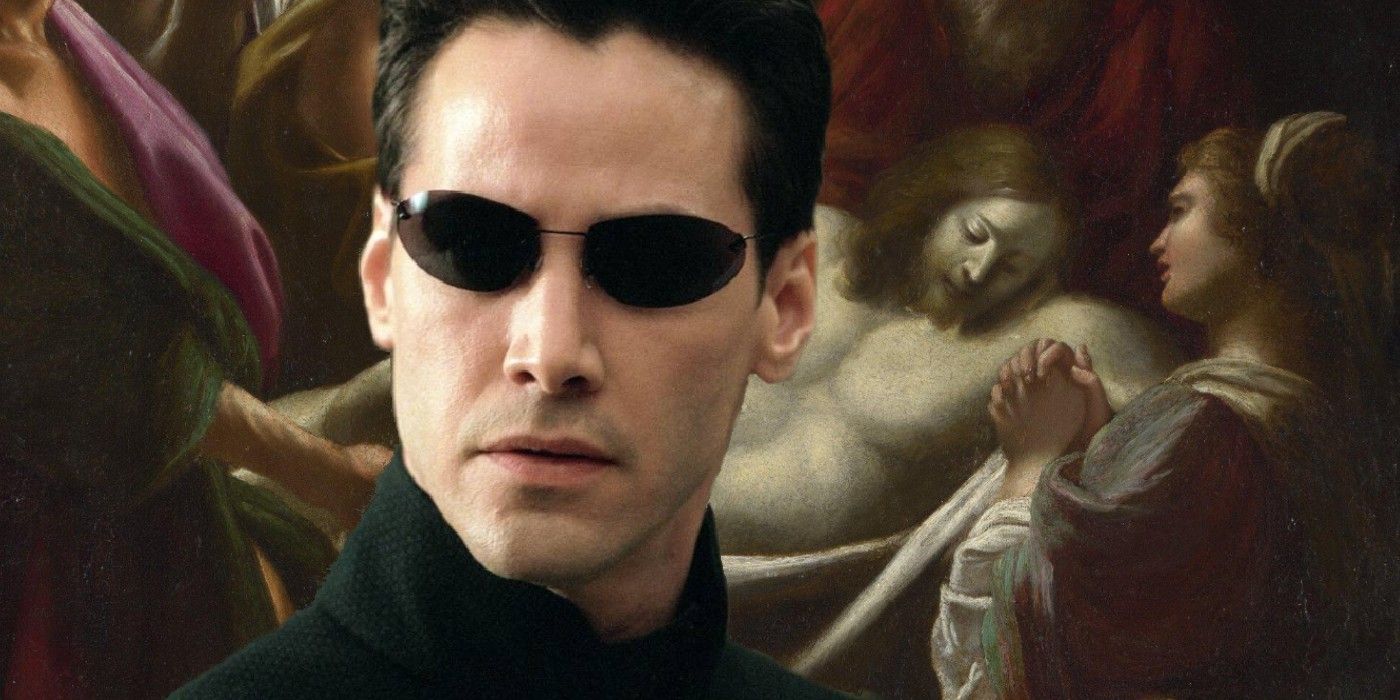
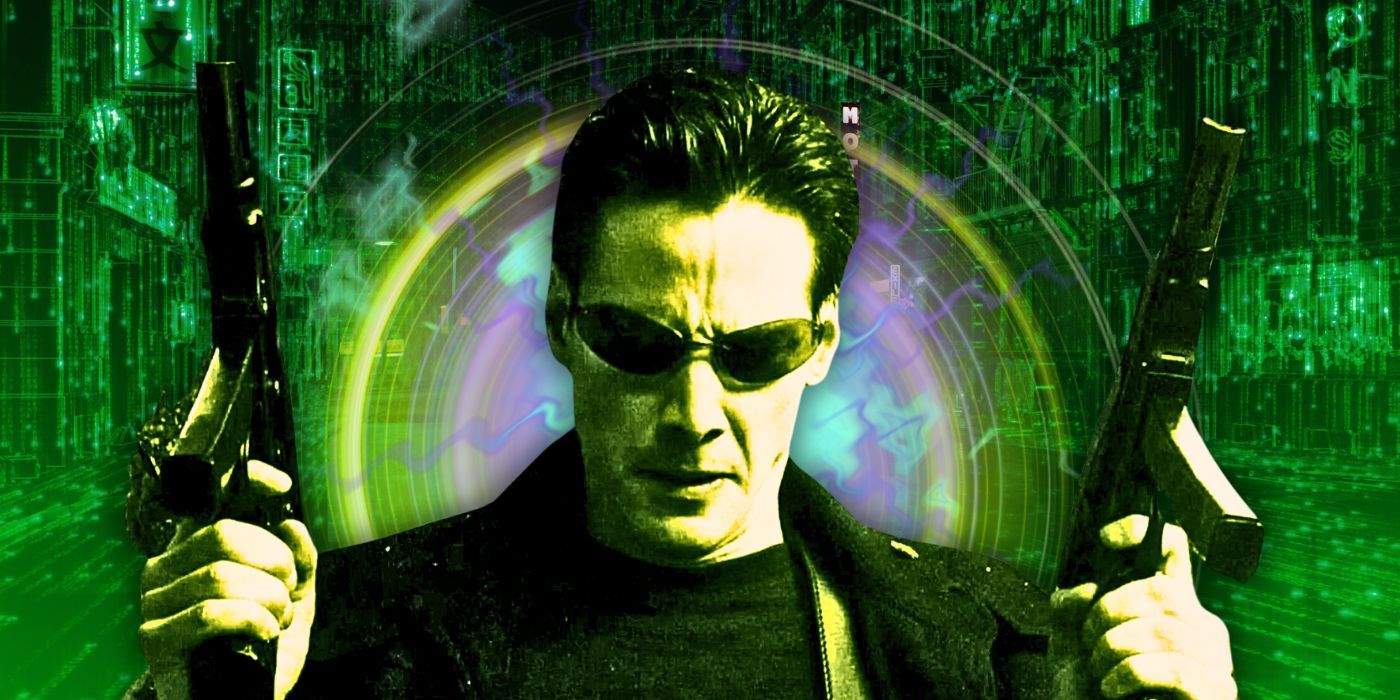
One of the most important allegories in The Matrix is Neo’s status as Zion’s messiah. While this journey draws on multiple literary and cinematic influences, the most obvious comparison is with Jesus Christ’s story in the Bible. Following the first film and the uncertainty around where Neo’s story would end up, the religious symbolism helped enhance The Matrix‘s intricate philosophy. However, as the story develops, the Jesus comparisons increasingly lose their subtlety, and therefore much of their power.

The Matrix Movies, Ranked Worst to Best
The Matrix remains one of the most revered science fiction franchises ever made, but how do the movies rank against each other after Resurrections?
Throughout Reloaded, Revolutions, and Resurrections, Neo’s identity as “computer Jesus” is reinforced time and again with a series of not-so-subtle metaphors. Not only is he surrounded by a team of loyal disciples (one of whom is even called “Trinity“), but he is forced to sacrifice himself to save mankind, only to be resurrected when the time comes – both in the original Matrix and in the self-evidently titled Resurrections. While subtle allusions to the Biblical arc help enhance The Matrix‘s story, the more obvious the parallels become, the less impressive they seem.
6Neo Is The Least Interesting Character In The Matrix
He is not a charismatic rebel leader
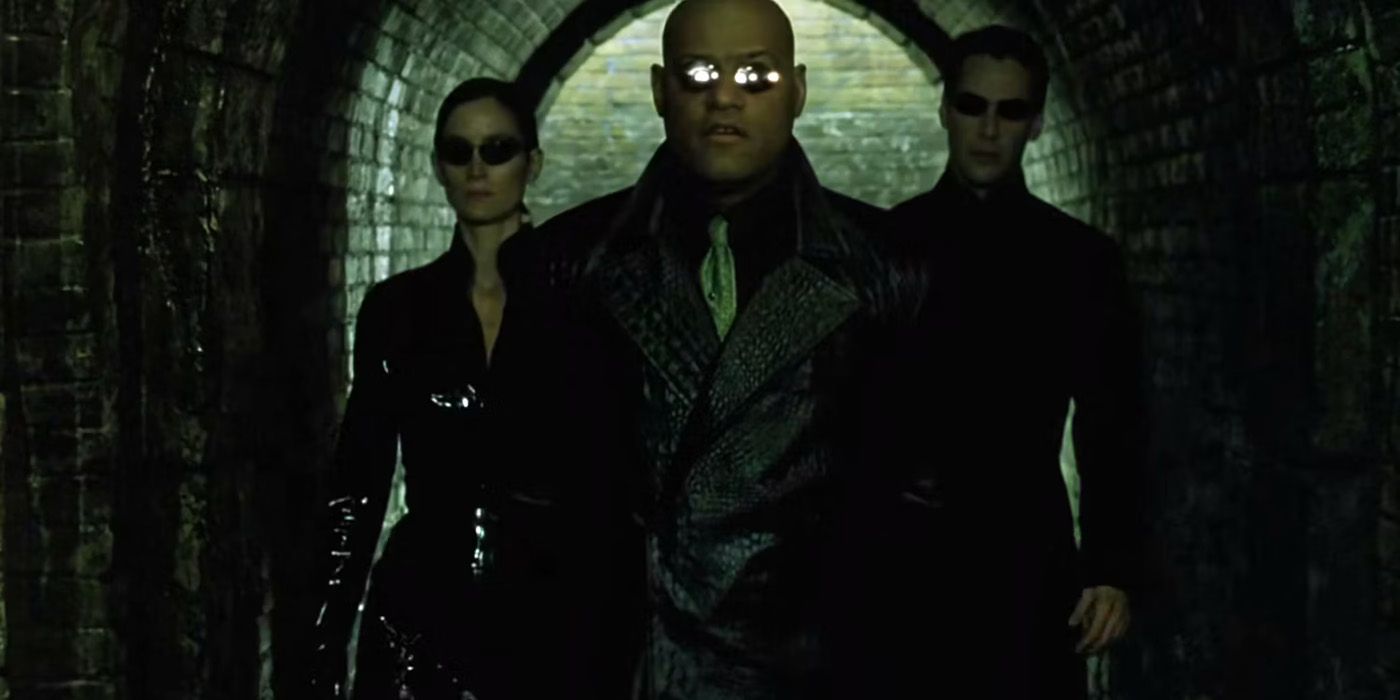
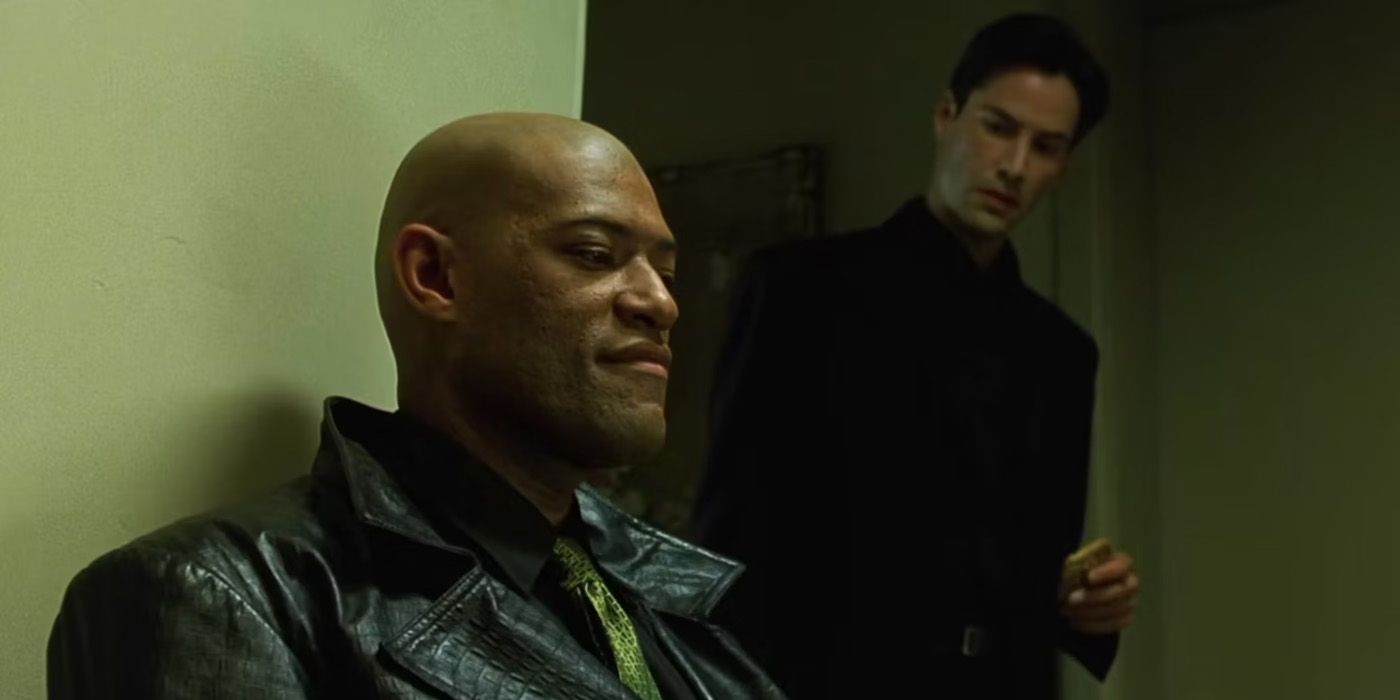
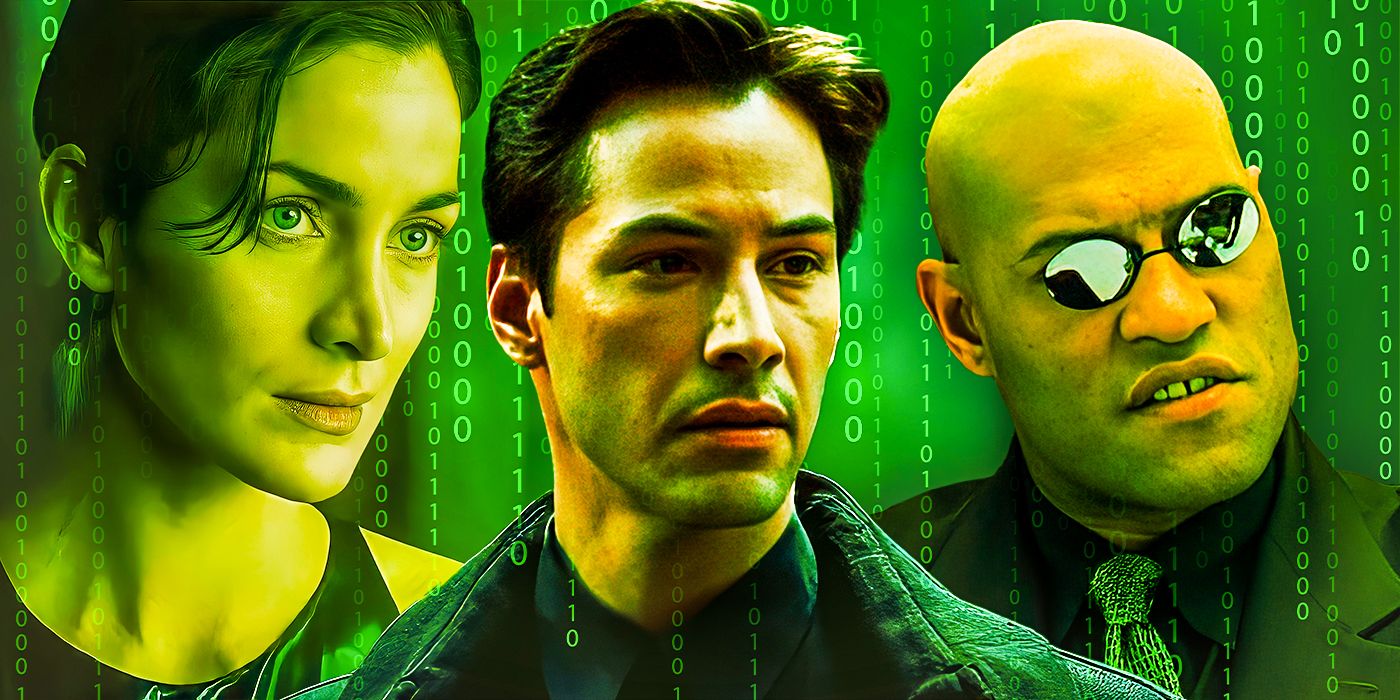
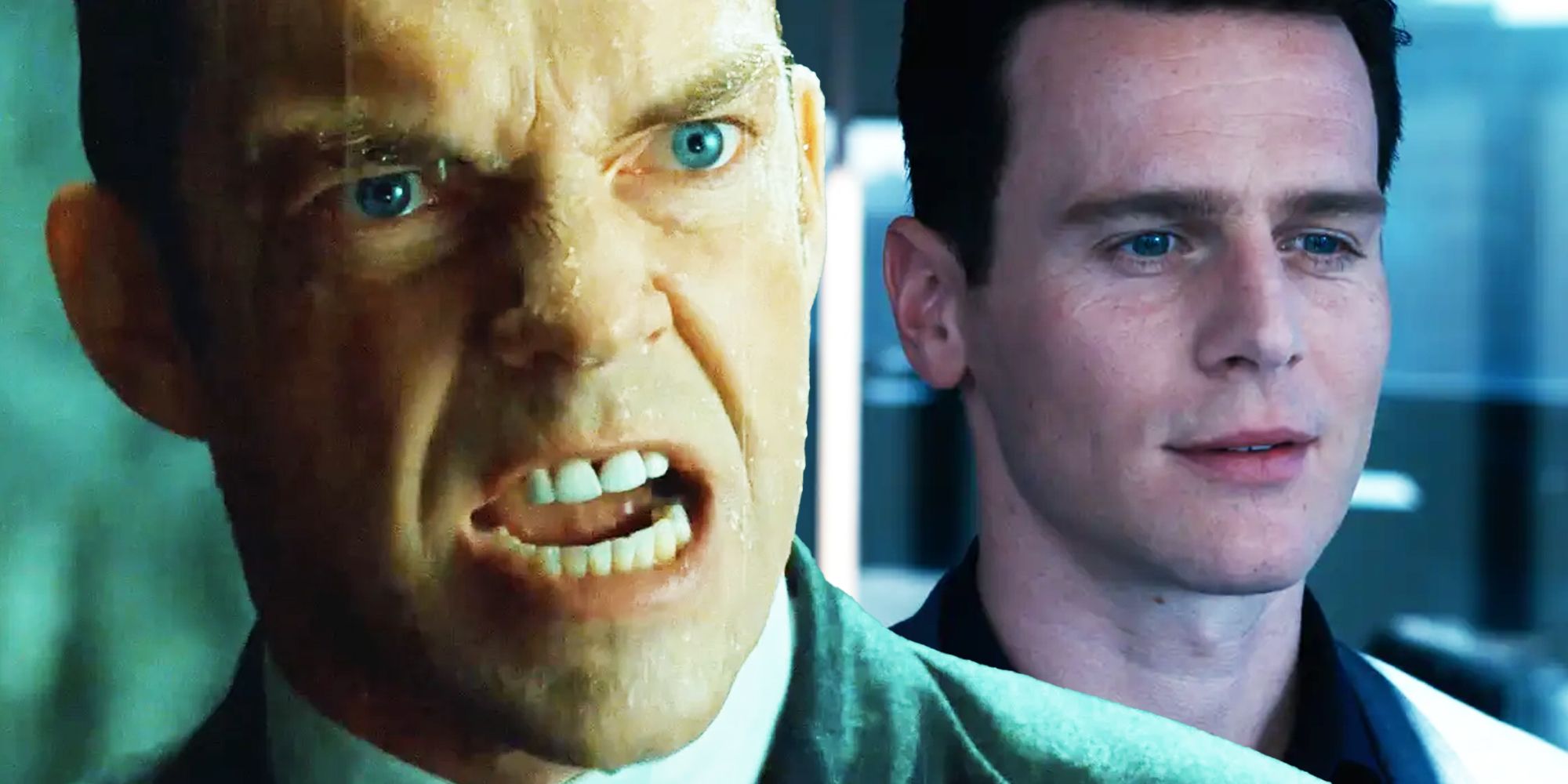
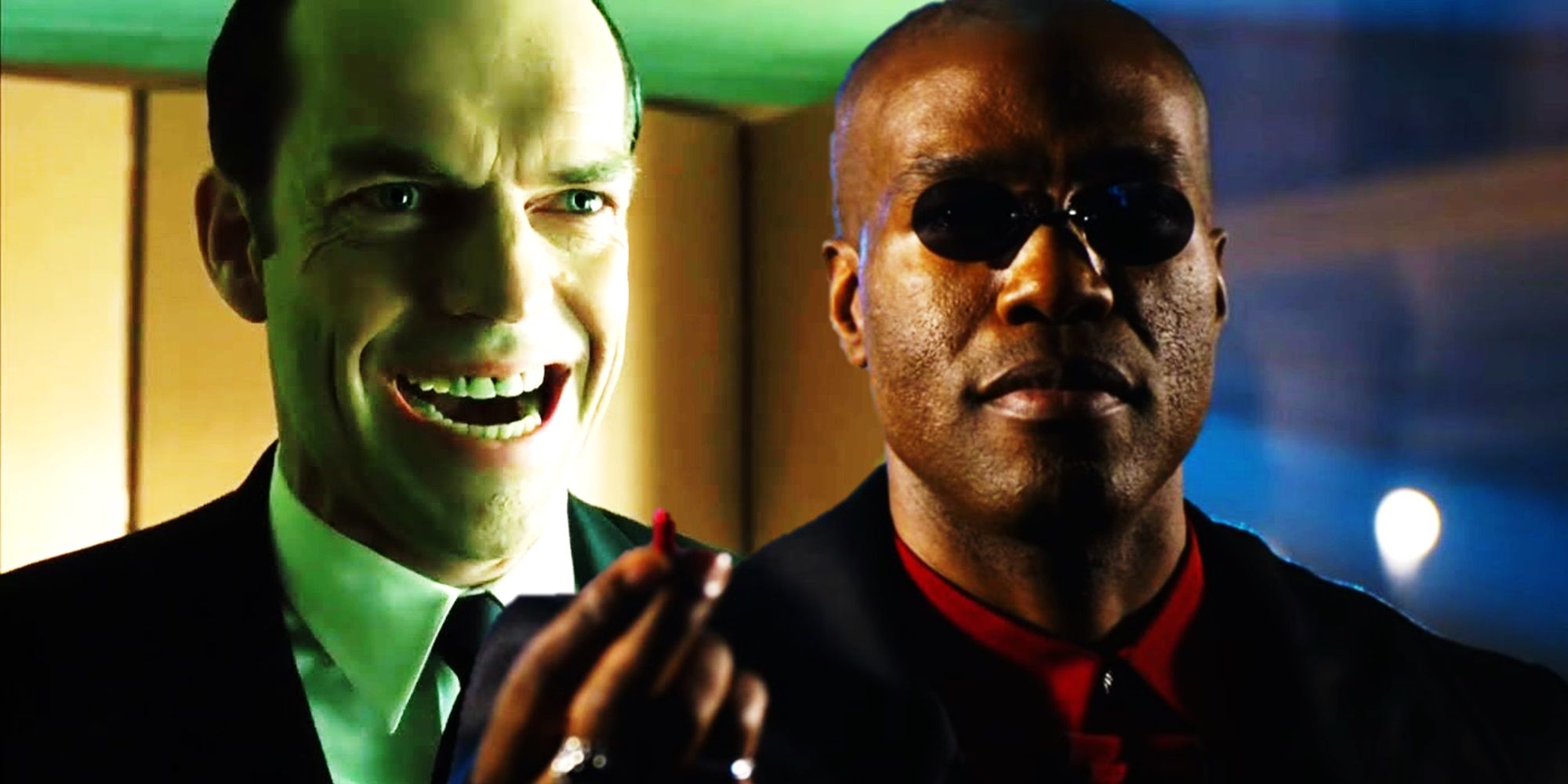
In the original Matrix, Keanu Reeves’ naturally subdued performance is perfectly pitched for Neo’s story. At the start of his journey, he is a credulous novice, slowly introduced to the mysteries behind the virtual world and his own potential, typified by his delivery of iconic lines like “woah“. However, while this works perfectly in the original movie, it feels ill-suited to later installments in the saga.
As Neo becomes a pseudo-God, not only does the apparent lack of peril in his fight scenes make him and his character less interesting, but Reeves’ performance becomes increasingly robotic. Part of this is deliberate, as Neo’s increasing similarities to the Machines he is supposedly fighting against is one of The Matrix‘s most subtle and important messages. Nevertheless, he is a much less charismatic presence than Laurence Fishburne’s Morpheus and Carrie-Anne Moss’ Trinity – despite dominating the screen by comparison.
5Neo’s Real World Powers Are Never Properly Explained
They are a key part of the story
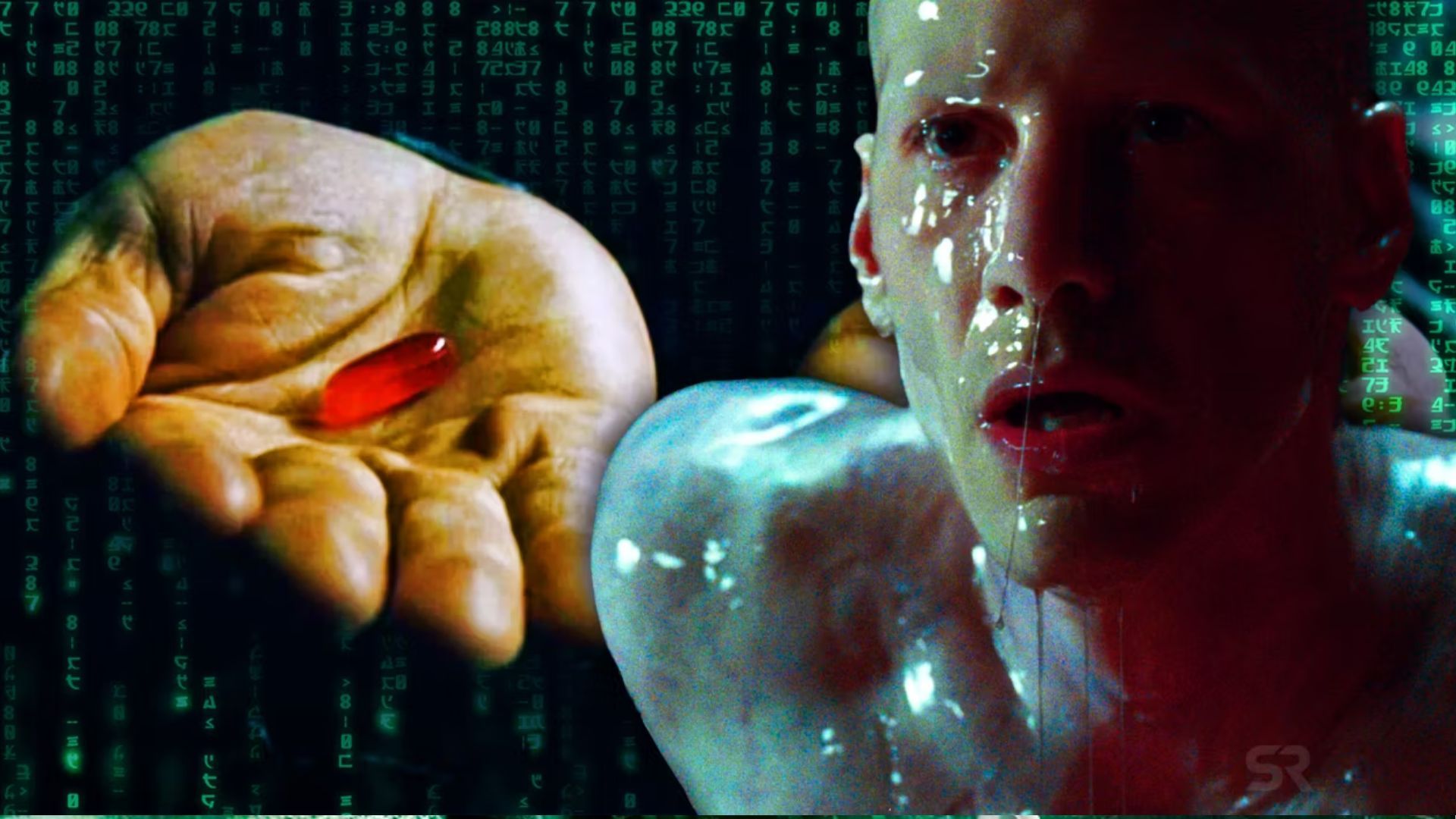
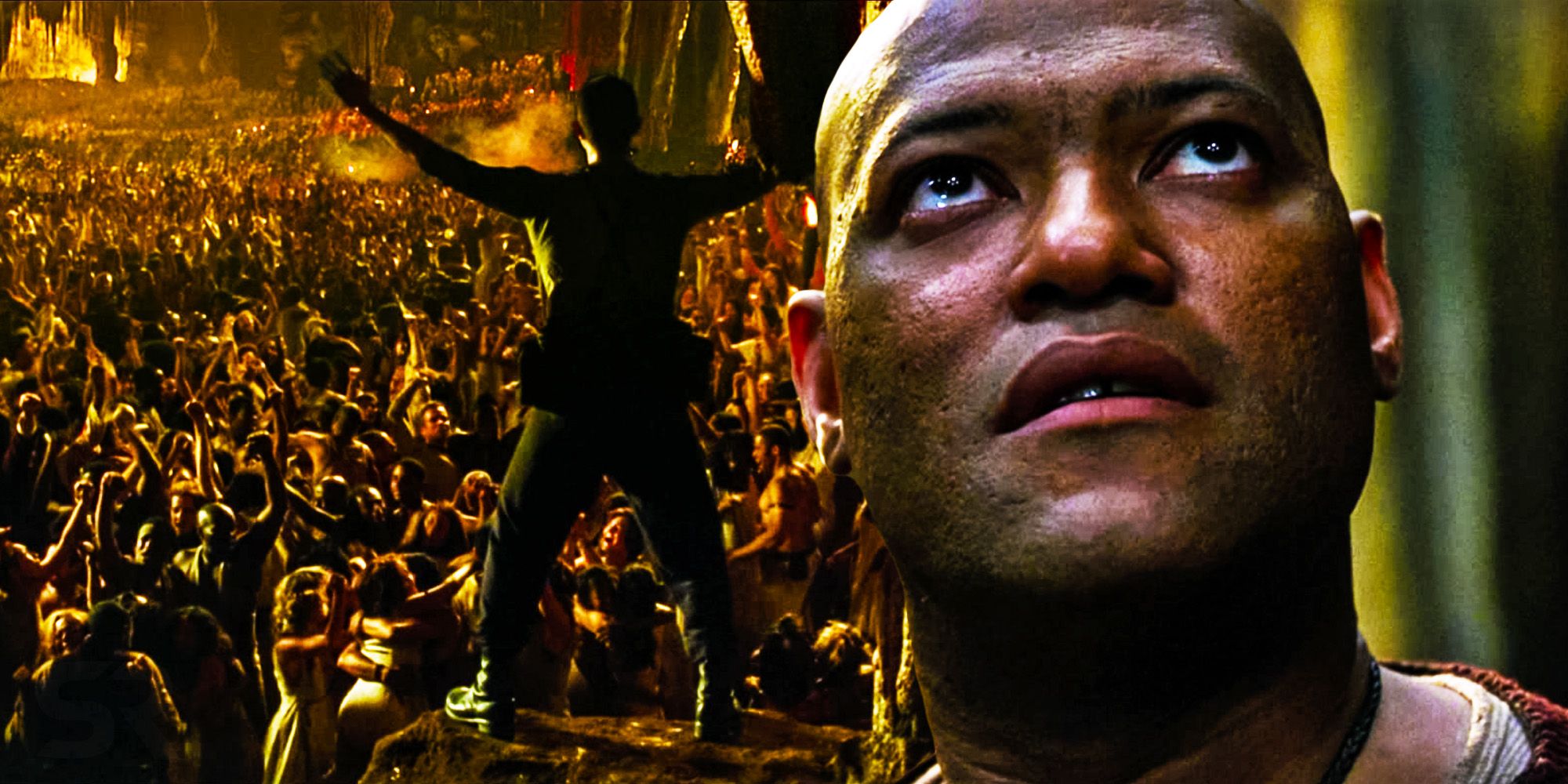
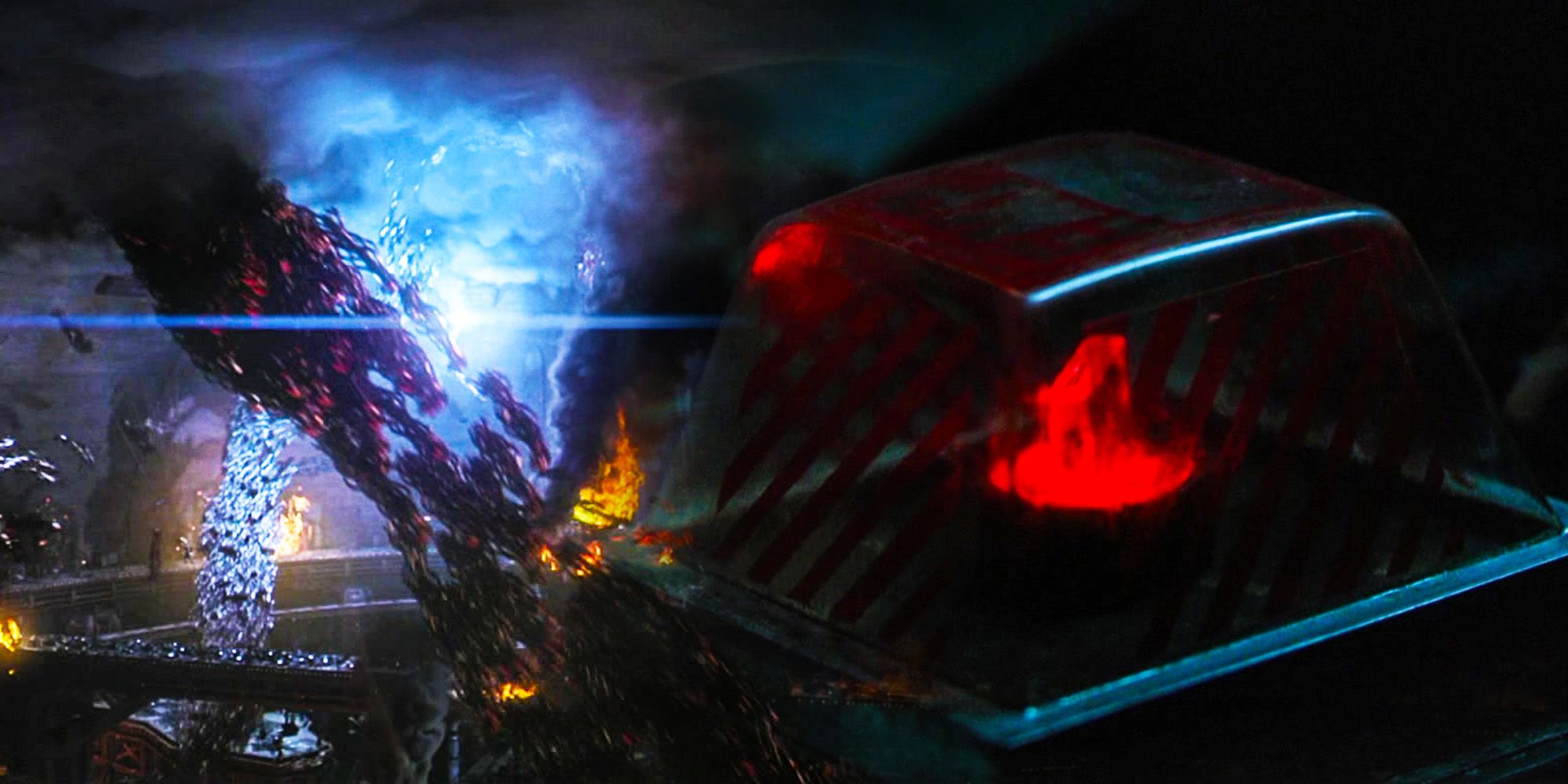
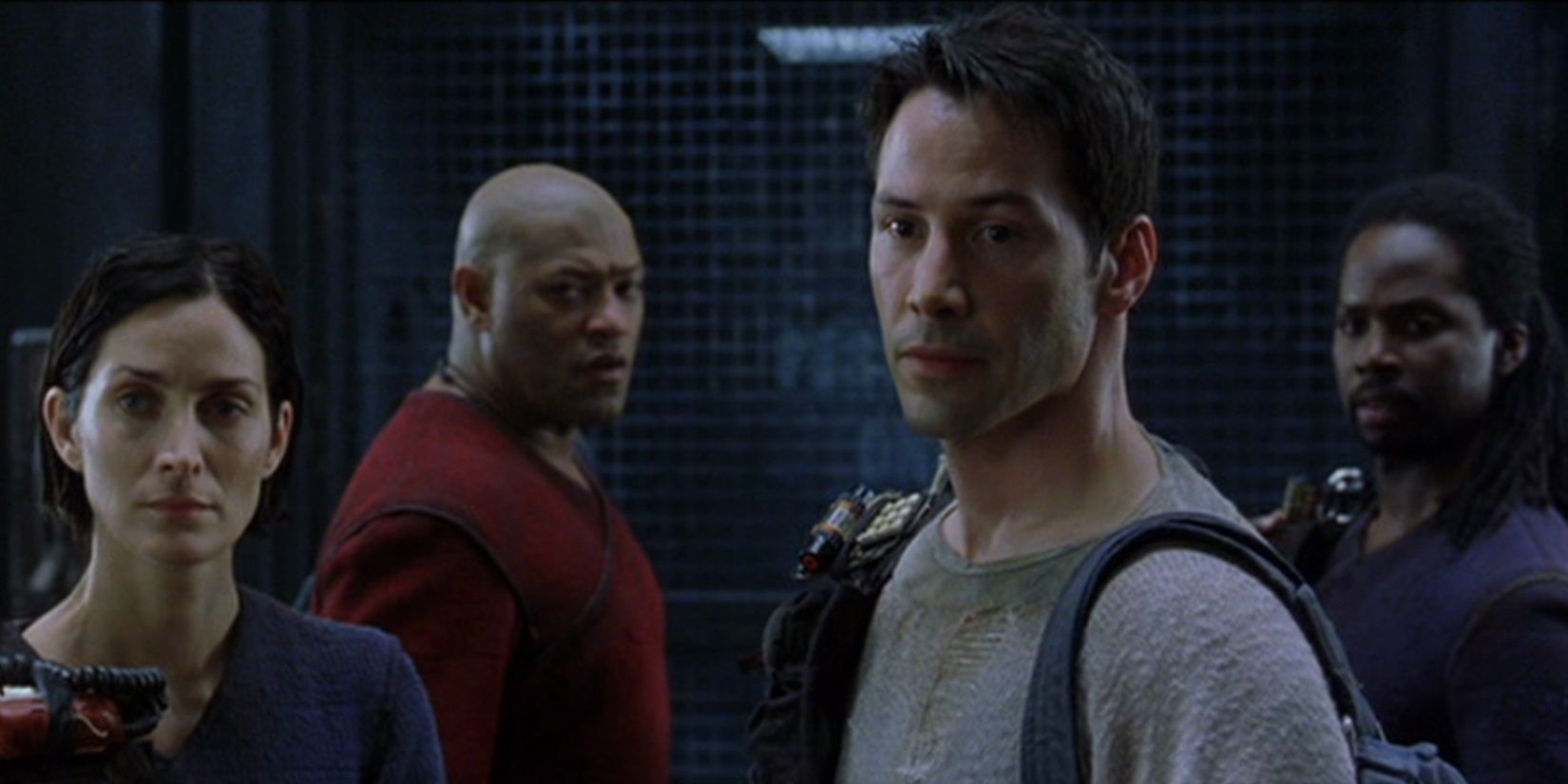
One of the most seismic moments in The Matrix Reloaded comes as Neo returns to the real world following his encounter with The Architect. This meeting, while significant in terms of the overall plot, also appears to be the catalyst for Neo developing a range of extraordinary new powers. Not only can he sense and control Machines in the real world, but he is later shown to be capable of sight, despite being blinded in a battle with the Smith-assimilated Bane.
These powers prove that Neo’s abilities as The One extend beyond the boundaries of The Matrix – something previously thought impossible. However, despite how transformative this revelation is for The Matrix‘s story, his abilities are never given an adequate in-movie explanation. While theories suggest that his proximity to The Matrix’s source gave him power over real-world systems (hence why his vision is not totally restored), resolving the apparent plot hole requires several narrative leaps that ultimately detract from what was originally intended to be the resolution of the series’ story.
4Neo Could Have Been More Helpful To Zion
His power could have been put to better use
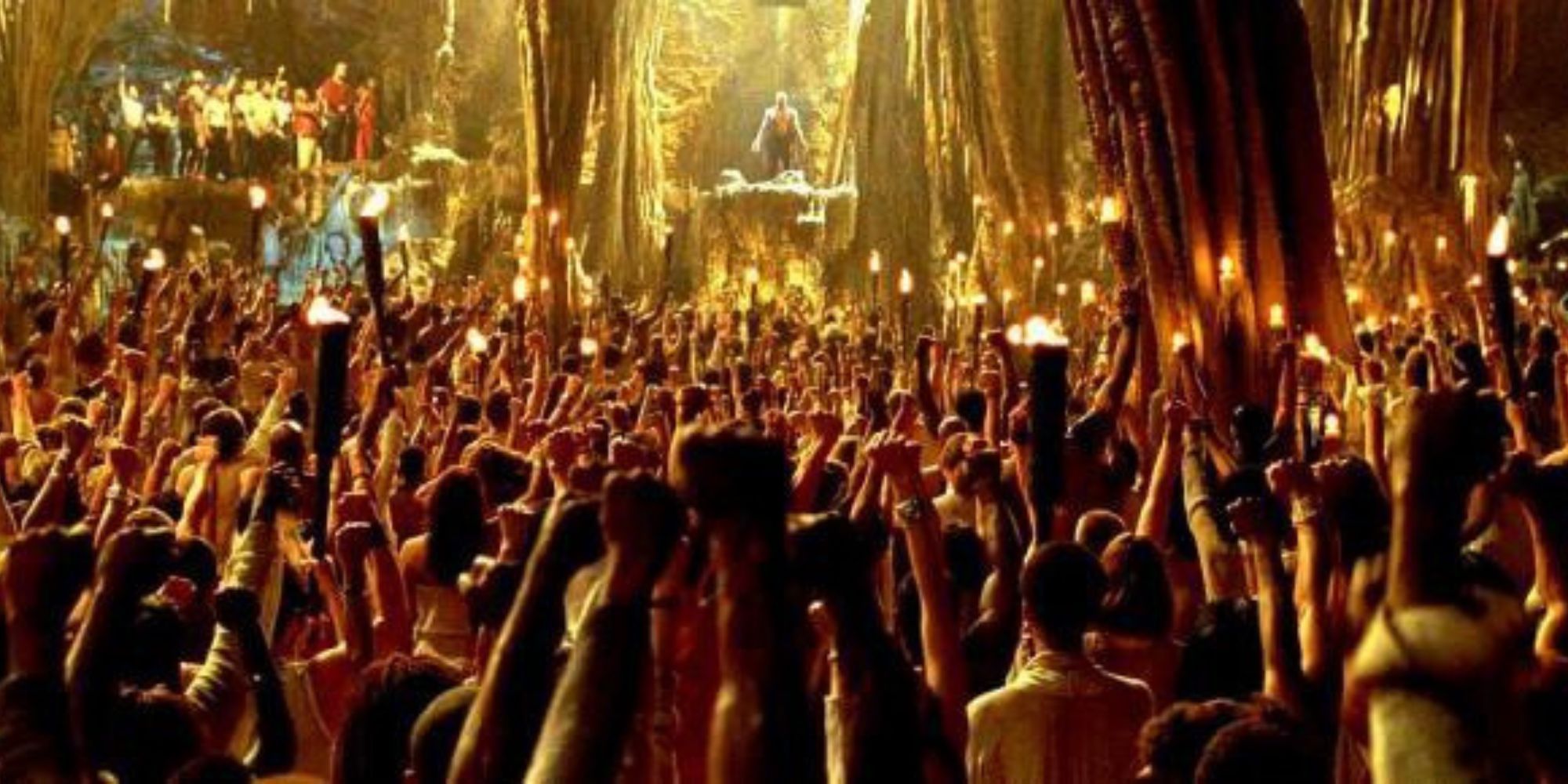
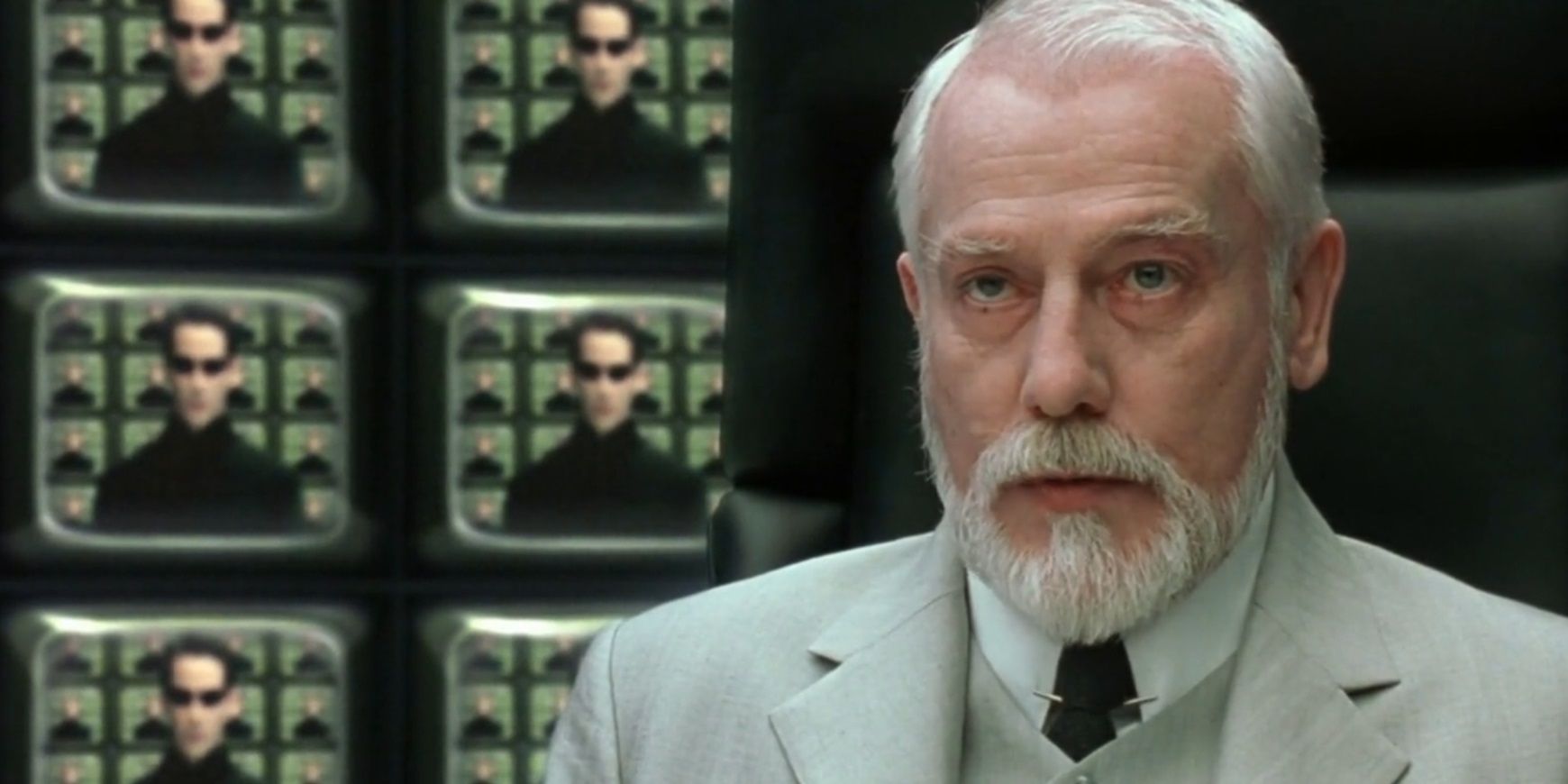
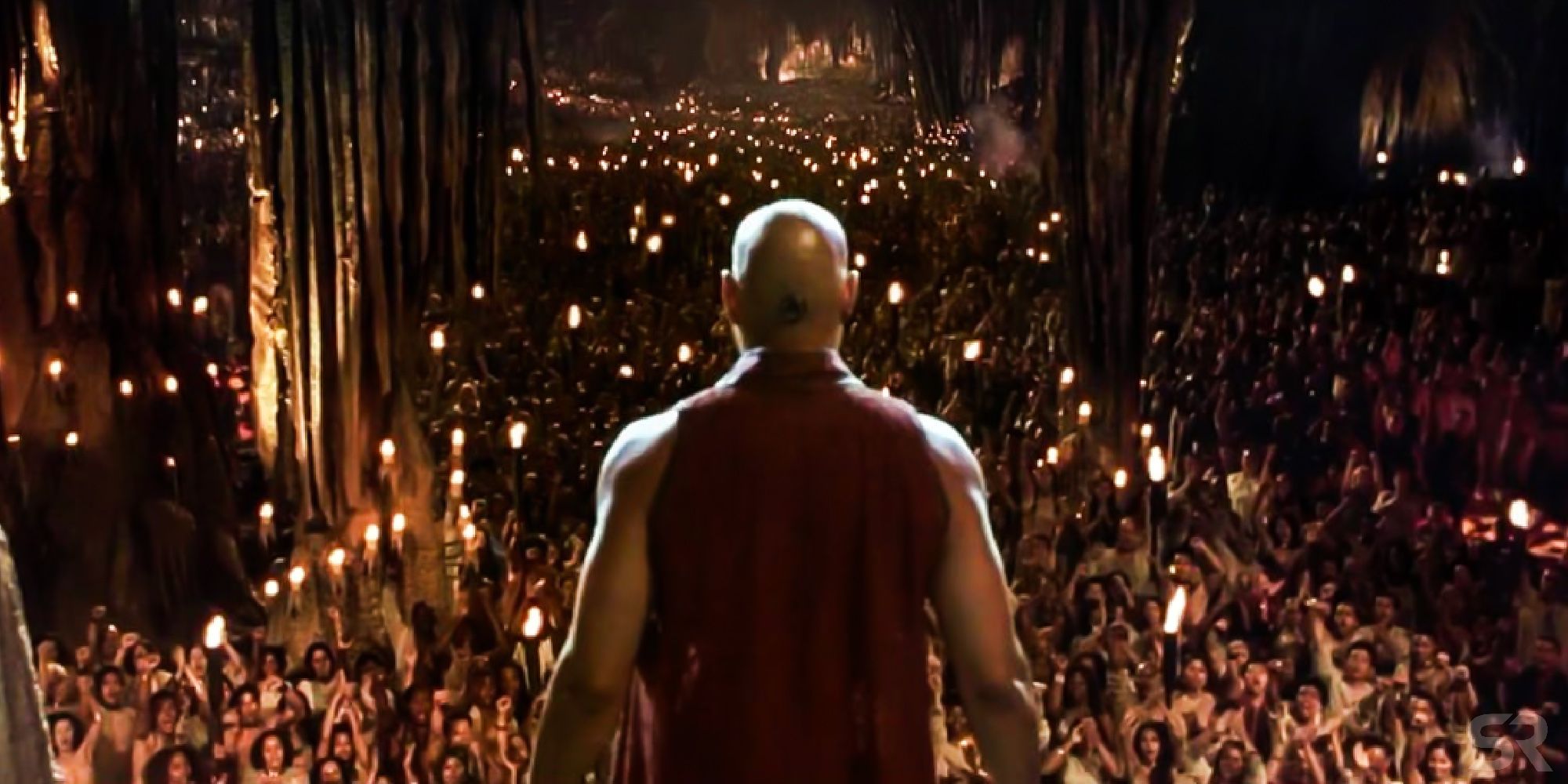
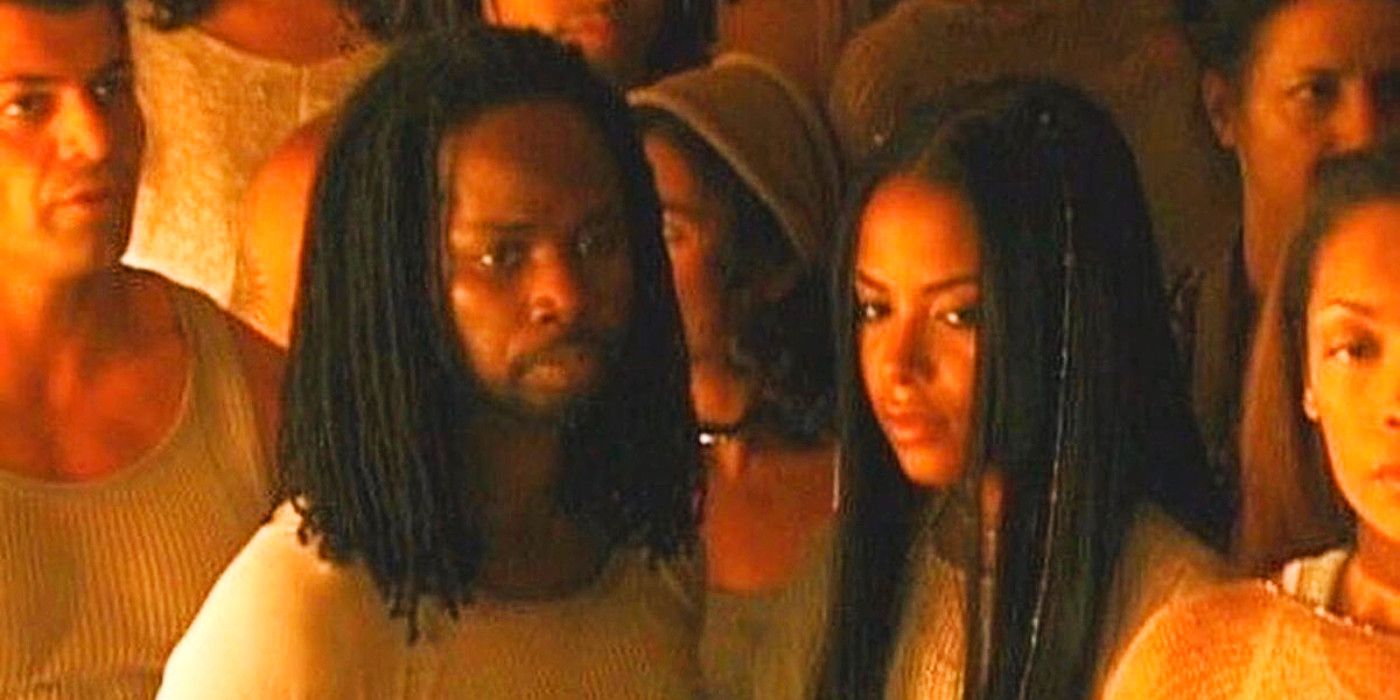
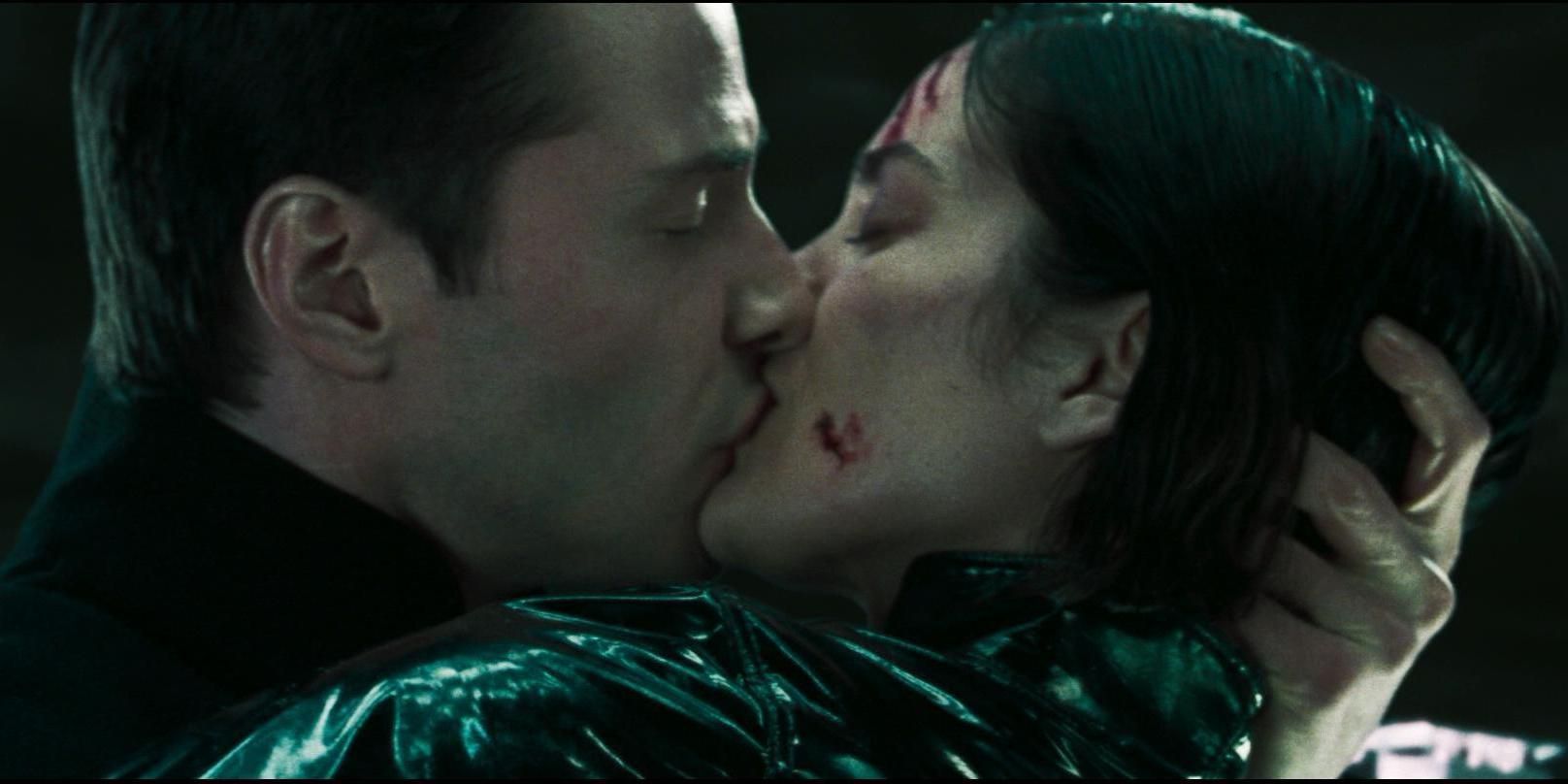
At the end of The Matrix, Neo pledges to show humanity “a world without borders or boundaries“, free from the pernicious influence of the oppressive Machines. To some extent, he makes good on this promise, using his abilities to help Morpheus to “free more minds” than ever, according to The Matrix Reloaded. On reflection, however, it’s clear that he could have done more.
Not only is he an extremely peripheral figure in Zion itself (for instance, not speaking during the dance sequence at the start of The Matrix Reloaded – opting to sneak off with Trinity), but most of his actions in The Matrix Reloaded seem frustratingly self-centered.
Even in the movie’s climax, he decides to choose Trinity over Zion – a decision that, while romantic, seemingly condemns humanity to total extinction. Despite being billed as Zion’s savior, it’s difficult to say that Neo always acts in the city’s best interests.
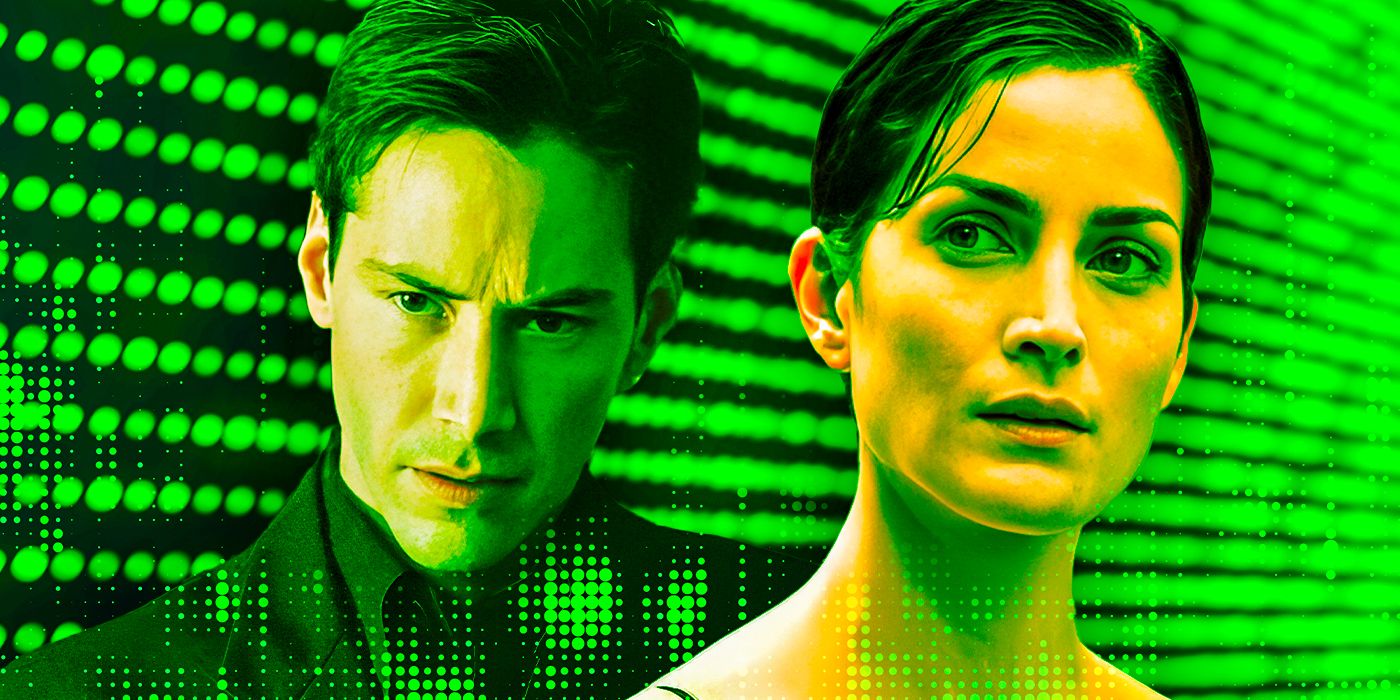
10 Harsh Realities Of Rewatching The Matrix, 25 Years Later
The Matrix is rightly considered one of the most influential sci-fi action movies of all time, but some aspects of the film haven’t held up.3Neo Should Have Completely Destroyed The Machines
He’s beyond their control
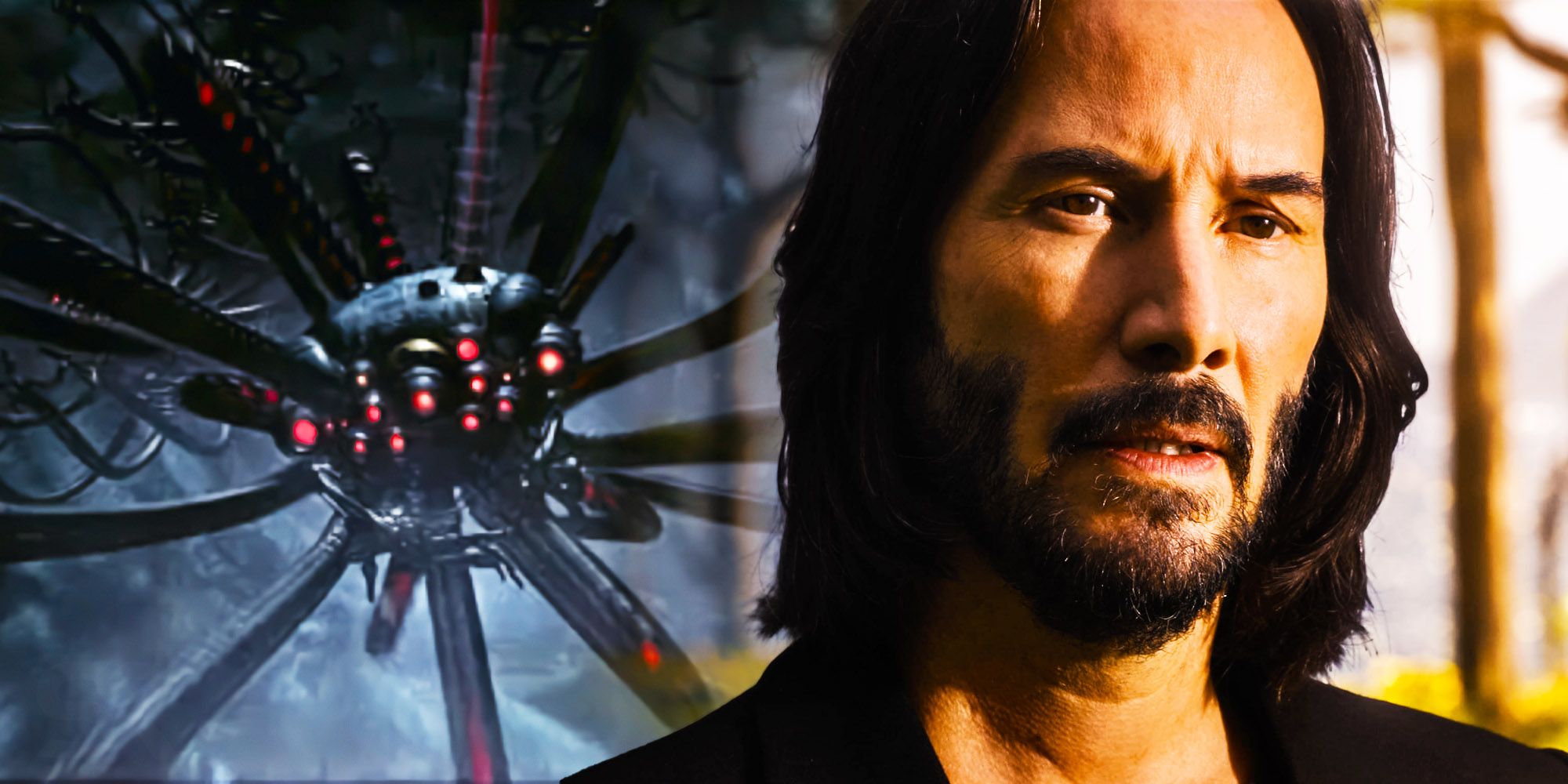
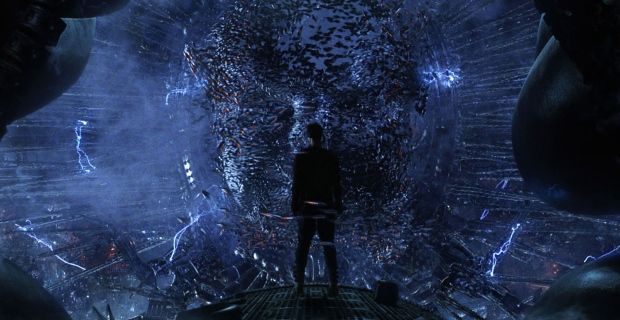
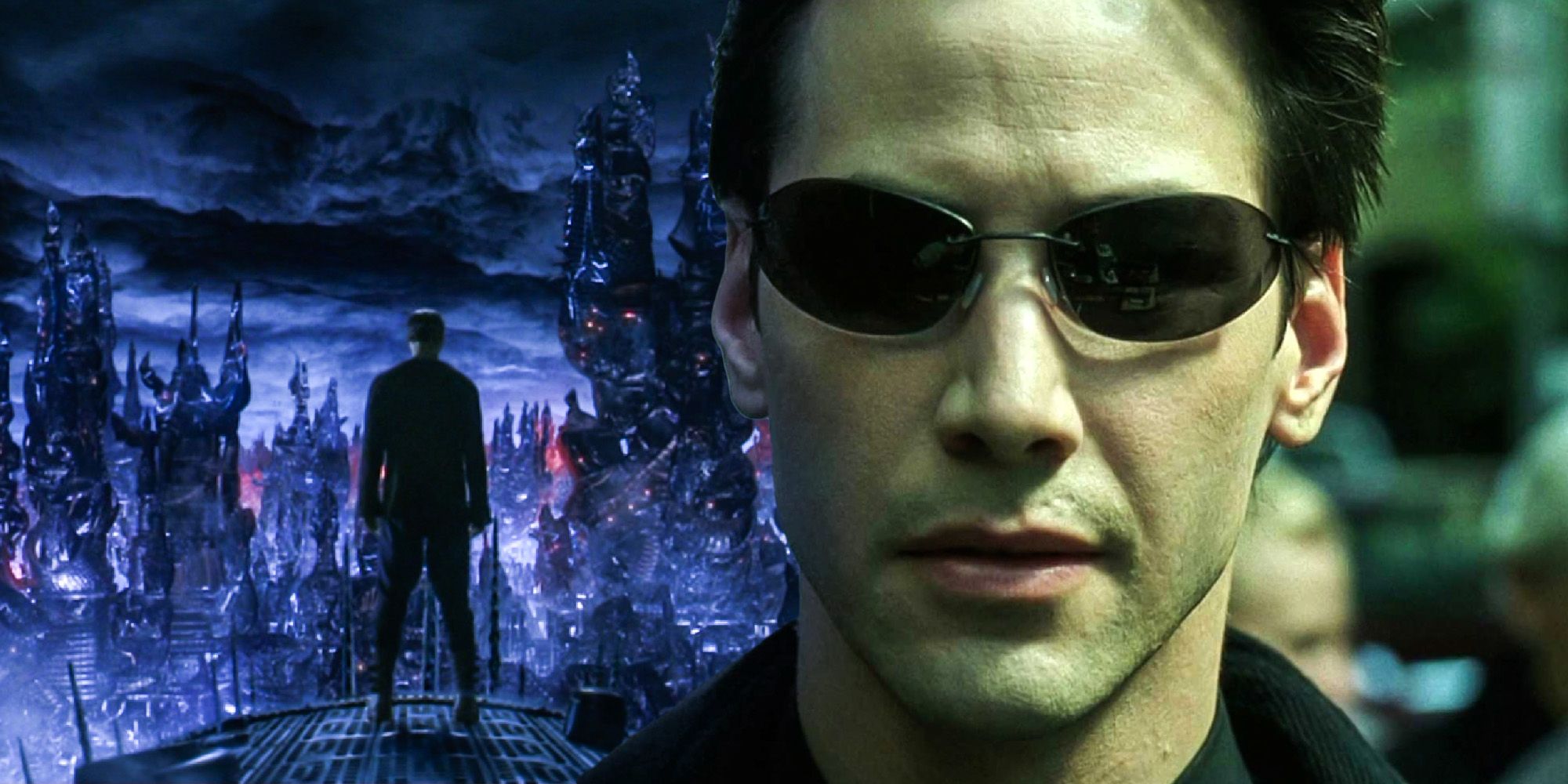
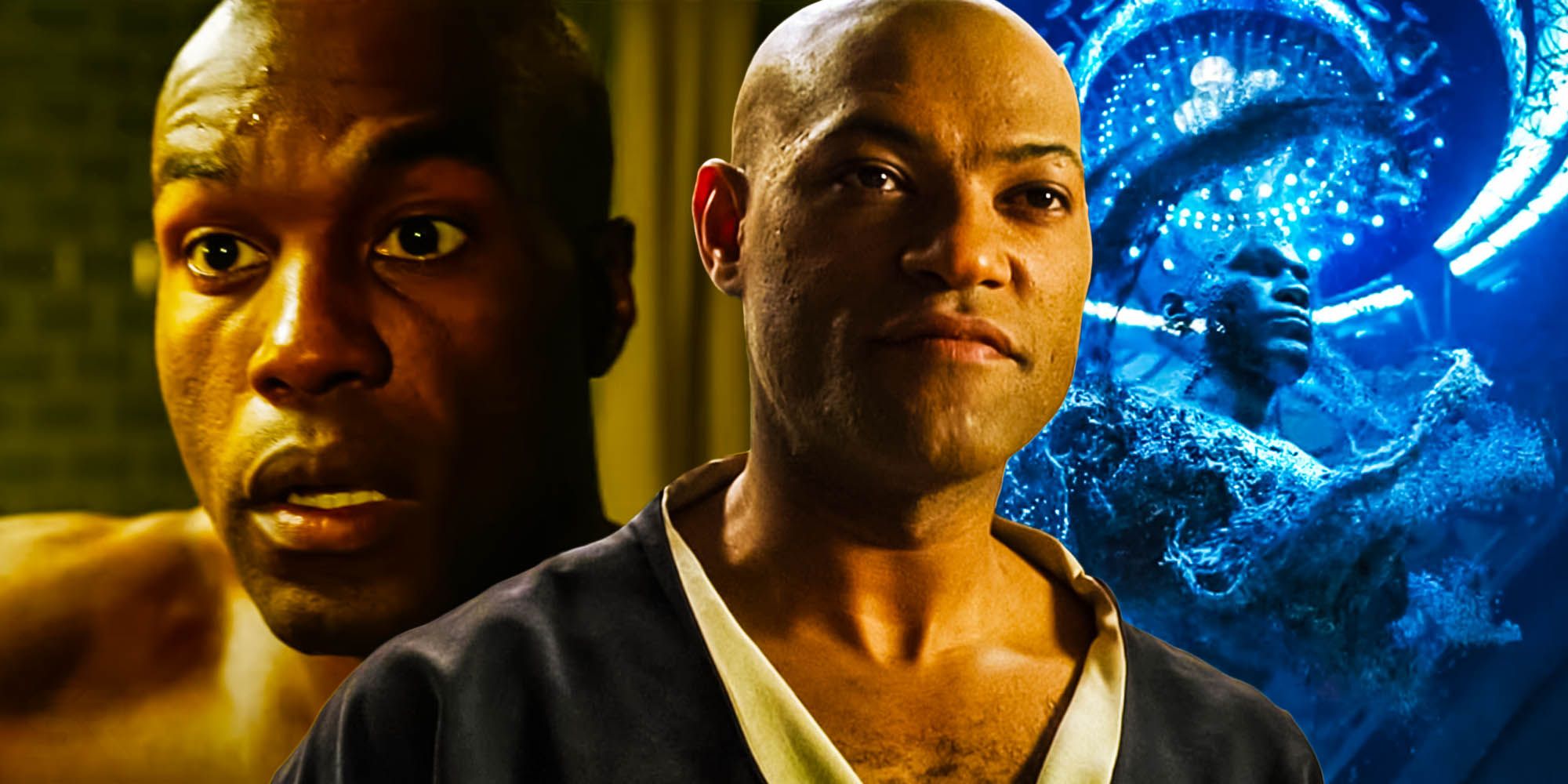
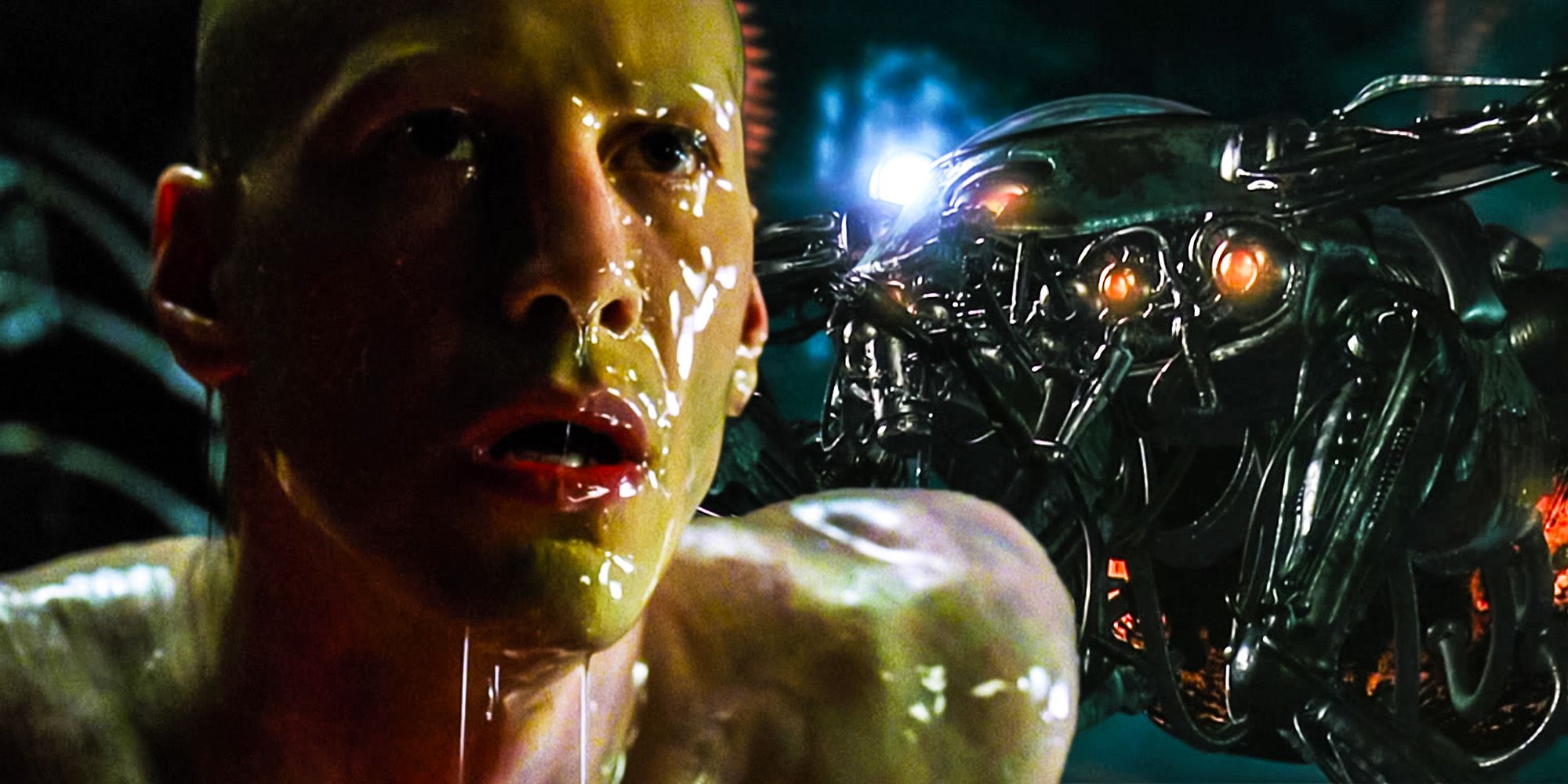
One crucial plot hole following the genesis of Neo’s impressive real-world powers is his decision-making at the end of The Matrix Revolutions. Ultimately, he decides to return to The Matrix, fight Smith, and offer himself up as a sacrifice so that the rogue agent can be destroyed, the system reset, and peace established between humanity and the Machines. Although he succeeds in this aim, his new-found powers seem to suggest that there was always another option available – the total destruction of the Machines themselves.
In Reloaded and Revolutions, Neo is shown to be capable of controlling anything with a Machine’s system, following his contact with The Architect and The Source. This would suggest that when he reaches the Machine City, he should be capable of destroying anything he comes into contact with and therefore the source of the Machines’ power. Such an act would have guaranteed the security of Zion, and avoided the course of action that led to The Matrix Resurrections. This makes Neo’s decision to ally with the Machines, given the wider context of the war, all the more confusing.
2Neo’s Psychology Is Too Confusing For The Matrix’s Story
The Matrix’s themes of belief are never fully explained
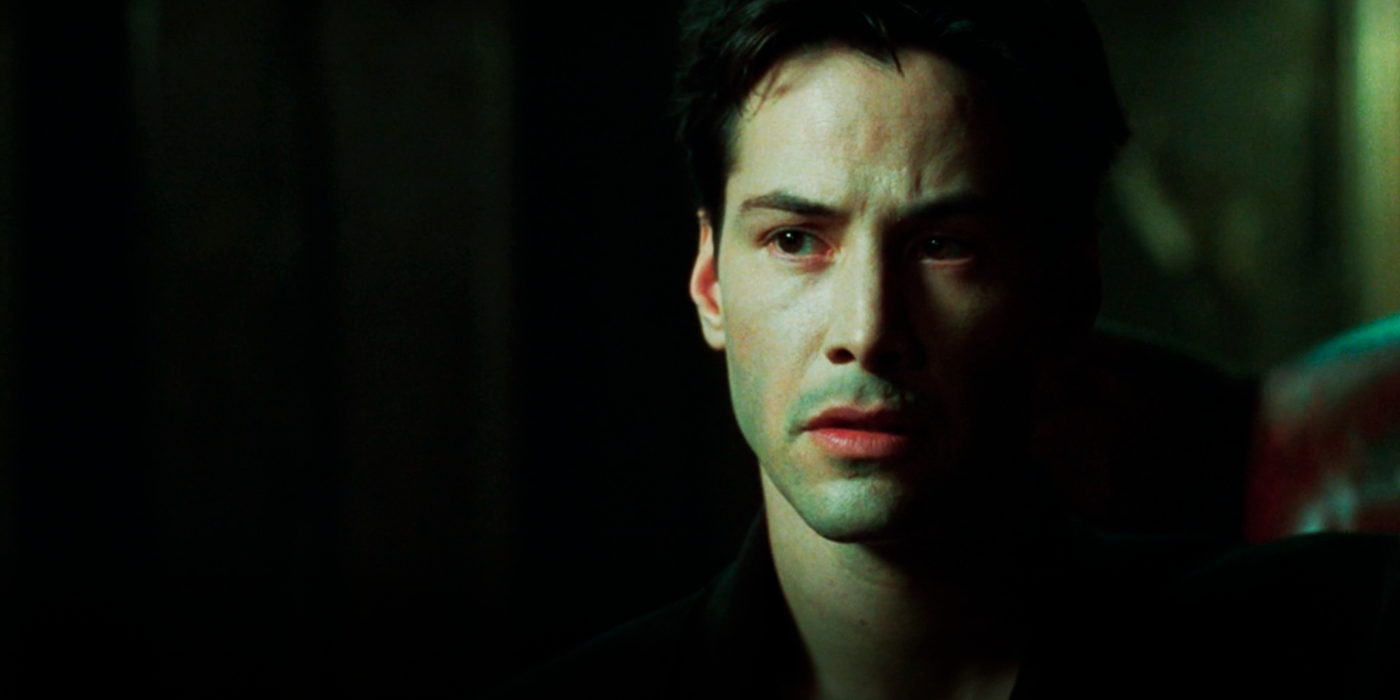
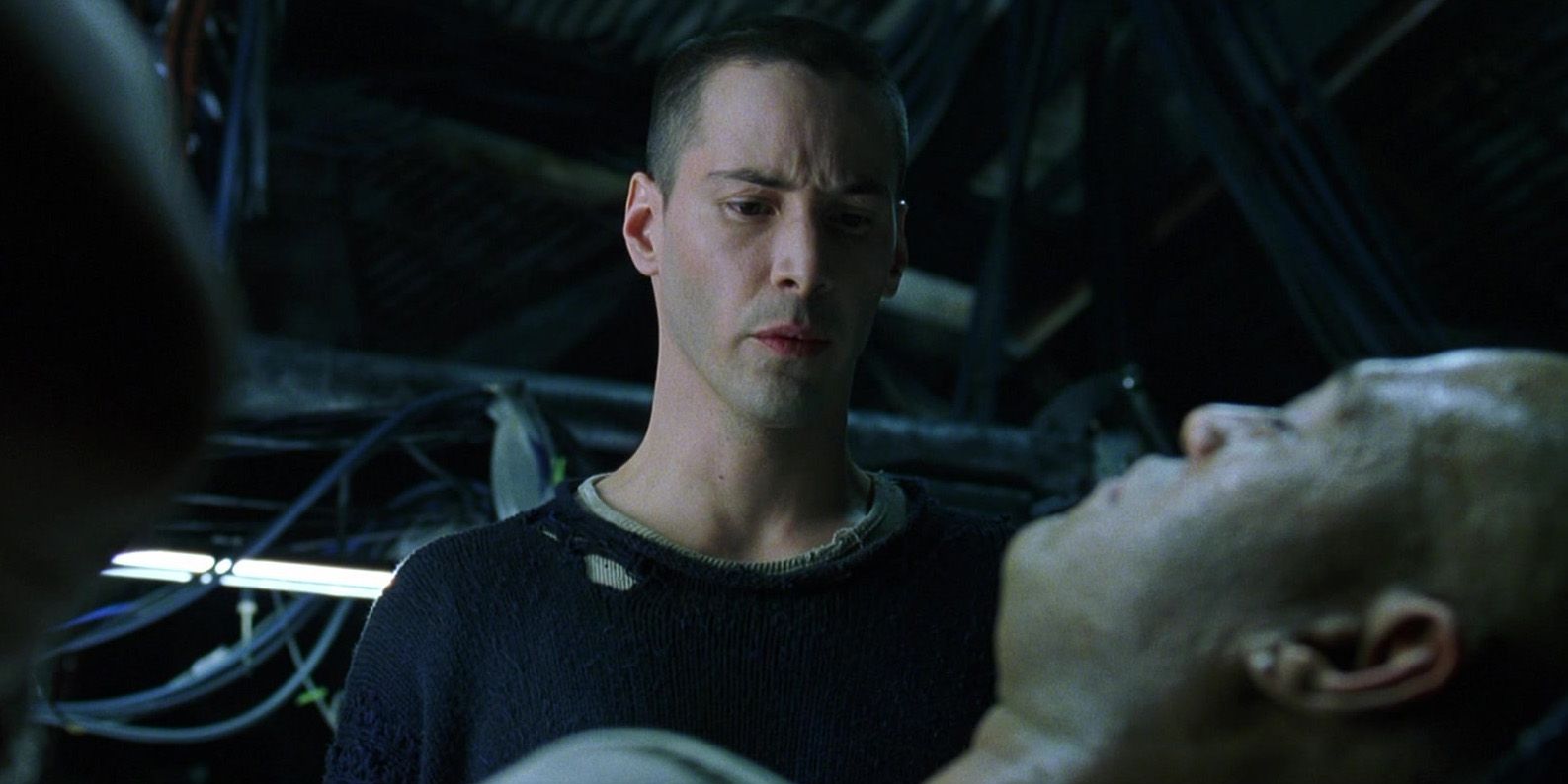
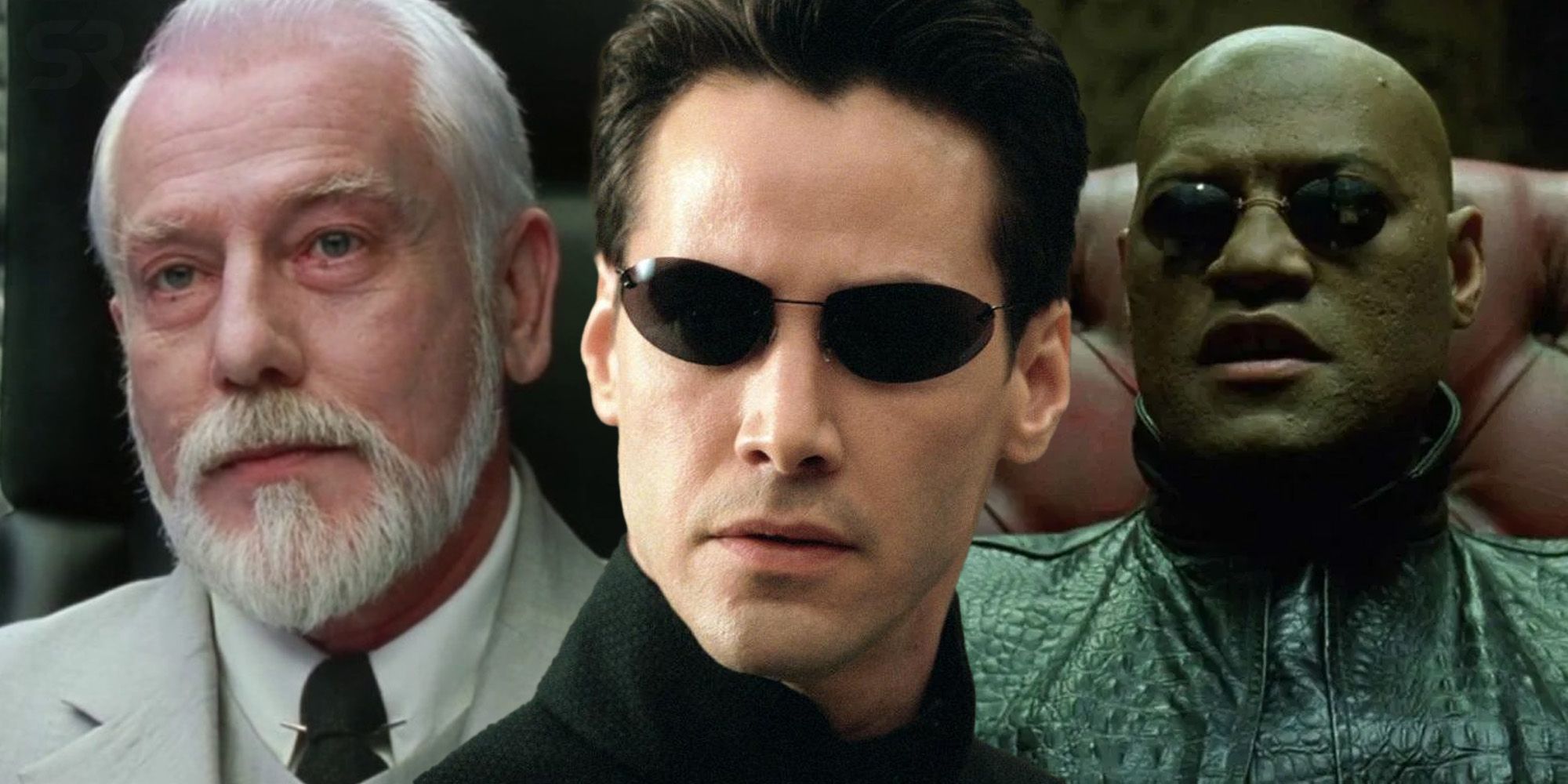
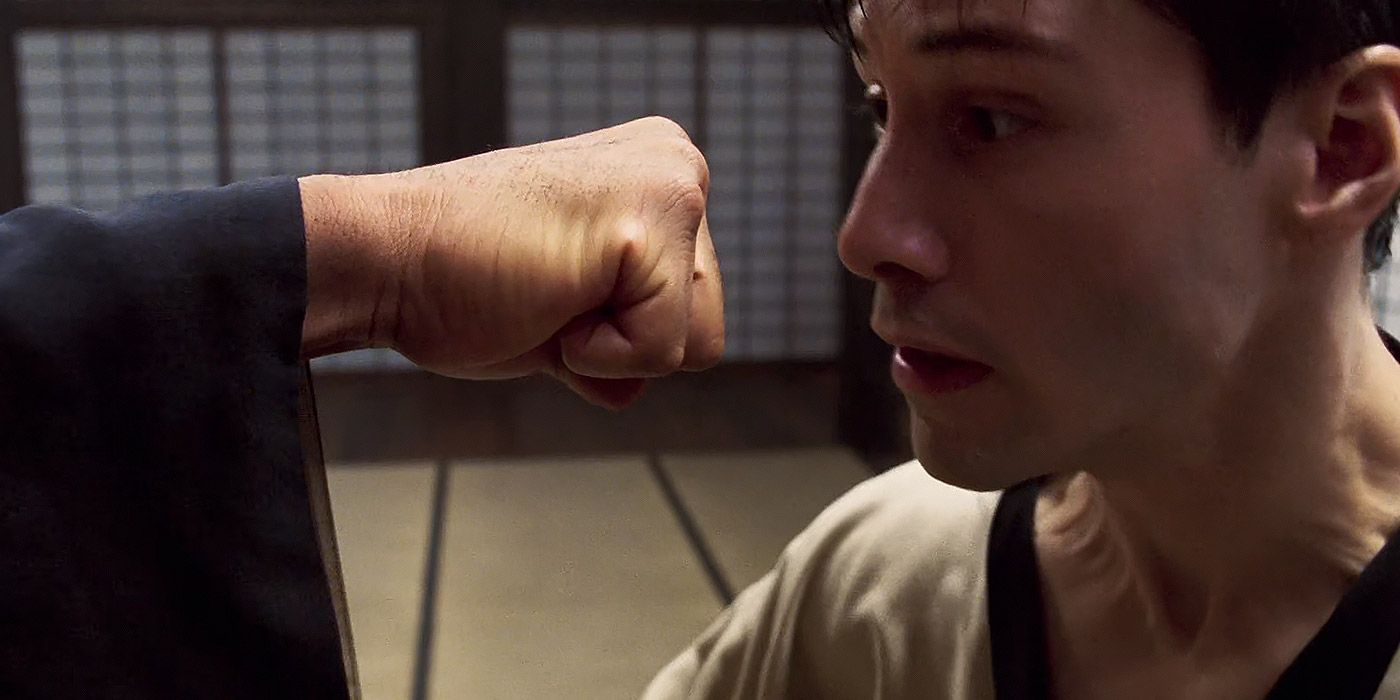
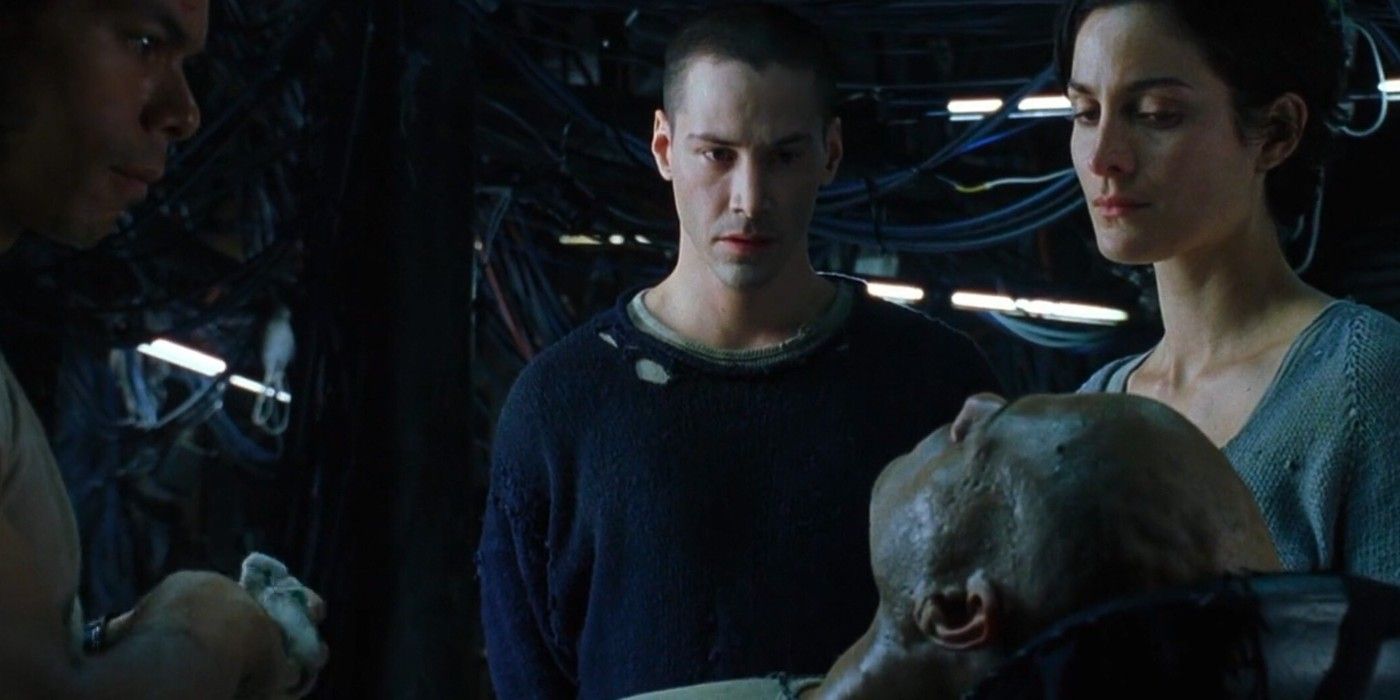
The power of belief is one of the most important themes in The Matrix franchise. As Morpheus constantly reminds viewers and Neo himself in the first Matrix movie, it is only by freeing his mind that he can realize his full potential – not “thinking” but “knowing” he is The One. This message runs as an undercurrent throughout the first movie, reasserting its religious themes and making it one of the most multi-faceted modern science-fiction movies.
…the nuance of Neo’s psyche and its impact on the films’ overall story proves too complex to properly portray.
However, while the original Matrix makes the importance of belief central to the story, later movies forget to reinforce the message. The result is that Neo feels inconsistently powered throughout the series, rather than full of self-doubt (which is the narrative’s intended message).
Ultimately, the nuance of Neo’s psyche and its impact on the films’ overall story proves too complex to properly portray. Reemphasizing the idea that Neo is shaken by his Reloaded revelation would have helped subsequent Matrix movies feel much more coherent.

The Matrix: 10 Biggest Plot Holes Across All 4 Movies
The Matrix franchise is beloved by fans of sci-fi and action worldwide, but the movies are also riddled with plot holes that are impossible to ignore.1Neo Never Lives Up To His True Matrix Potential
His powers are never actually that good
The Matrix Revolutions Neo Vs. Agent Smith Clip (clip)
In the original Matrix, Morpheus is unequivocal when explaining The One’s powers. As he puts it, the real One should be capable of “remaking The Matrixas he saw fit,” freeing humanity from the shackles of oppression with almost God-like omnipotence. Although it’s later revealed his prophecy is just another part of the Machines’ means of control, this depiction of The One offers a tantalizing glimpse into how Neo’s character might develop in future installments.
However, while Neo’s powers are undeniably impressive (especially in The Matrix Reloaded), he never truly lives up to Morpheus’ initial description of The One. Instead of “remaking The Matrix“, Neo is seemingly limited to superhuman physical feats, like flight, stopping bullets, and hand-to-hand combat. He is still limited, to the extent that he has to physically catch Trinity in Reloaded‘s finale. The disappointing truth is that this is a far cry from what was promised in the first Matrix – despite how spectacular it initially seems.